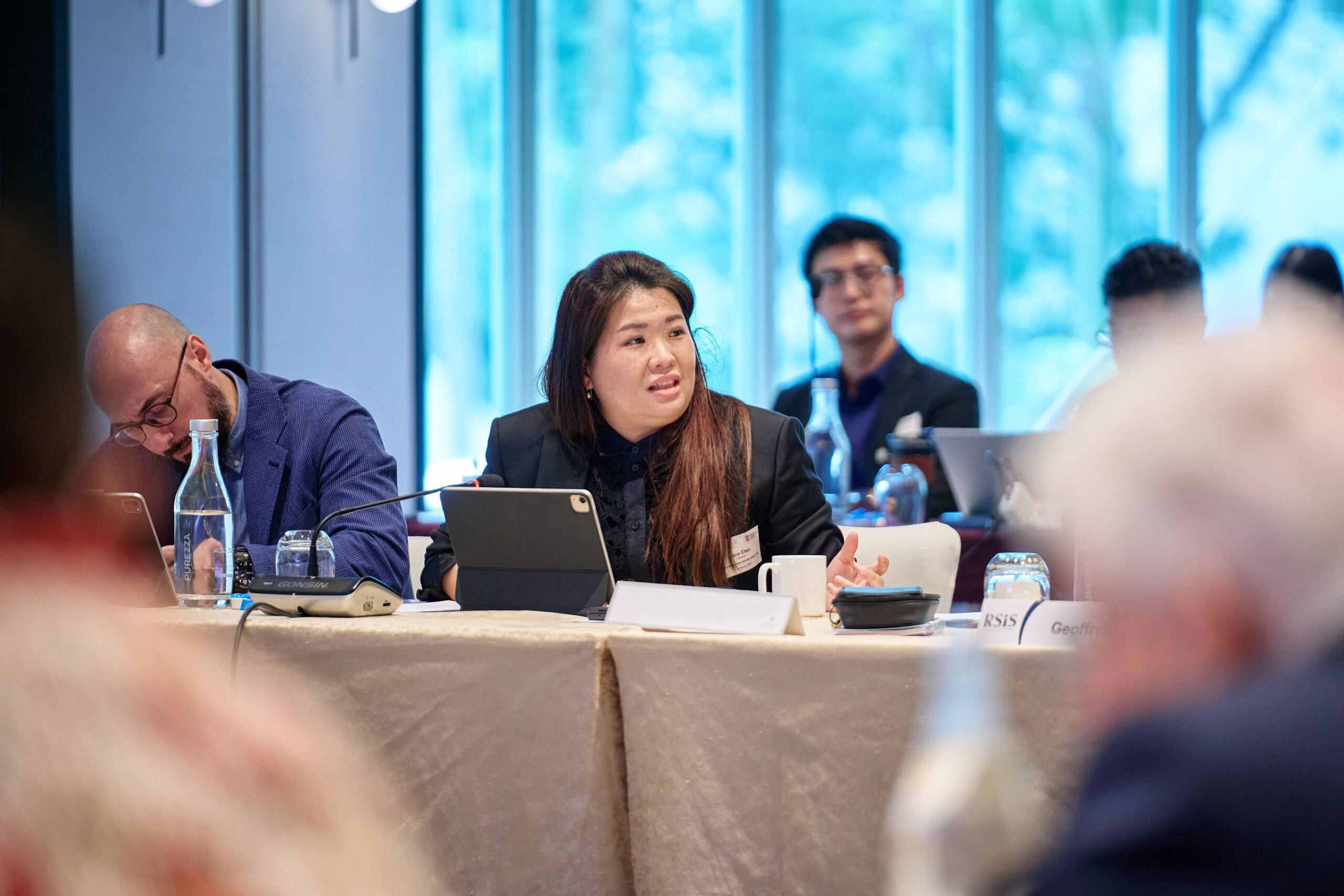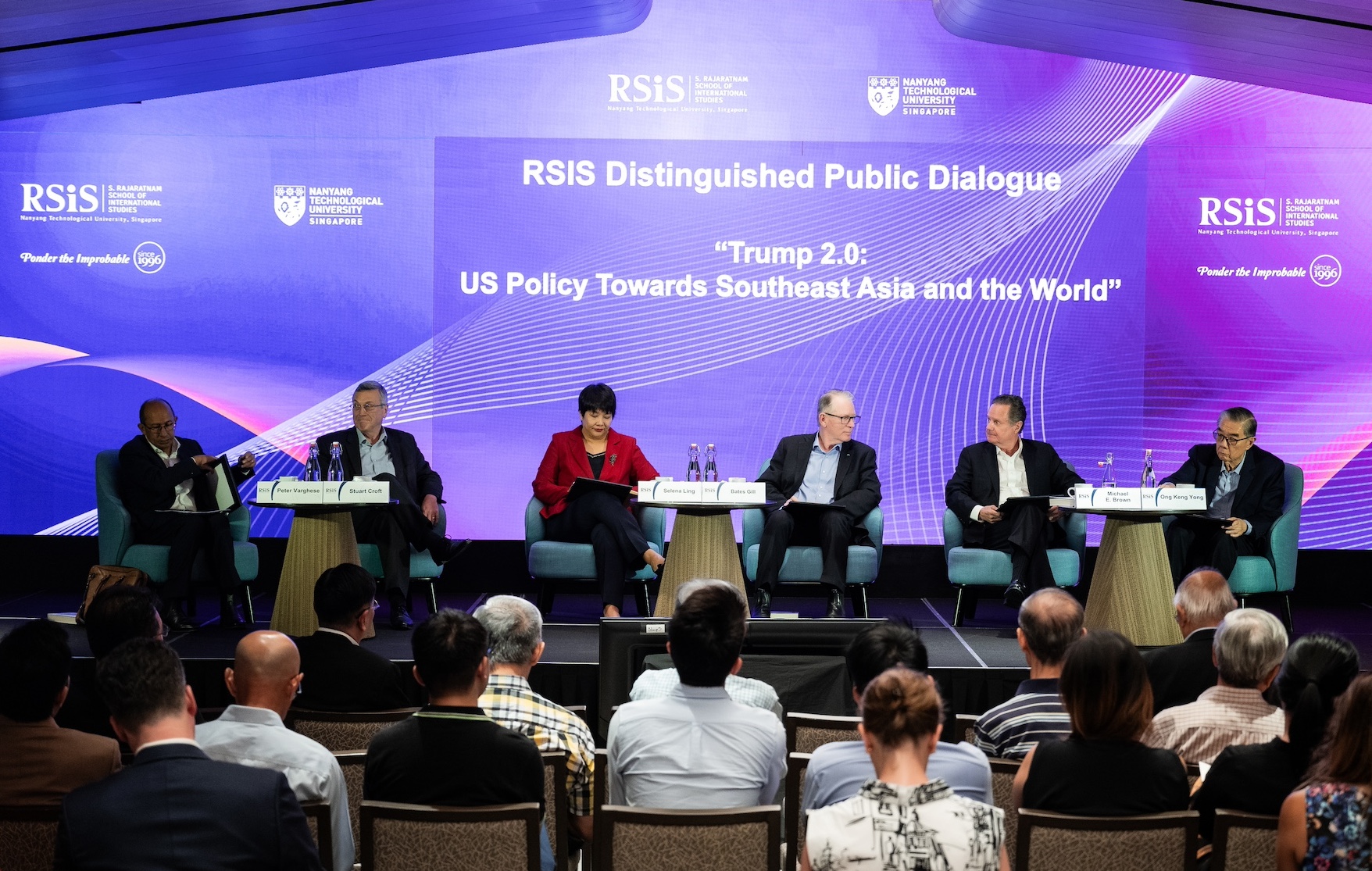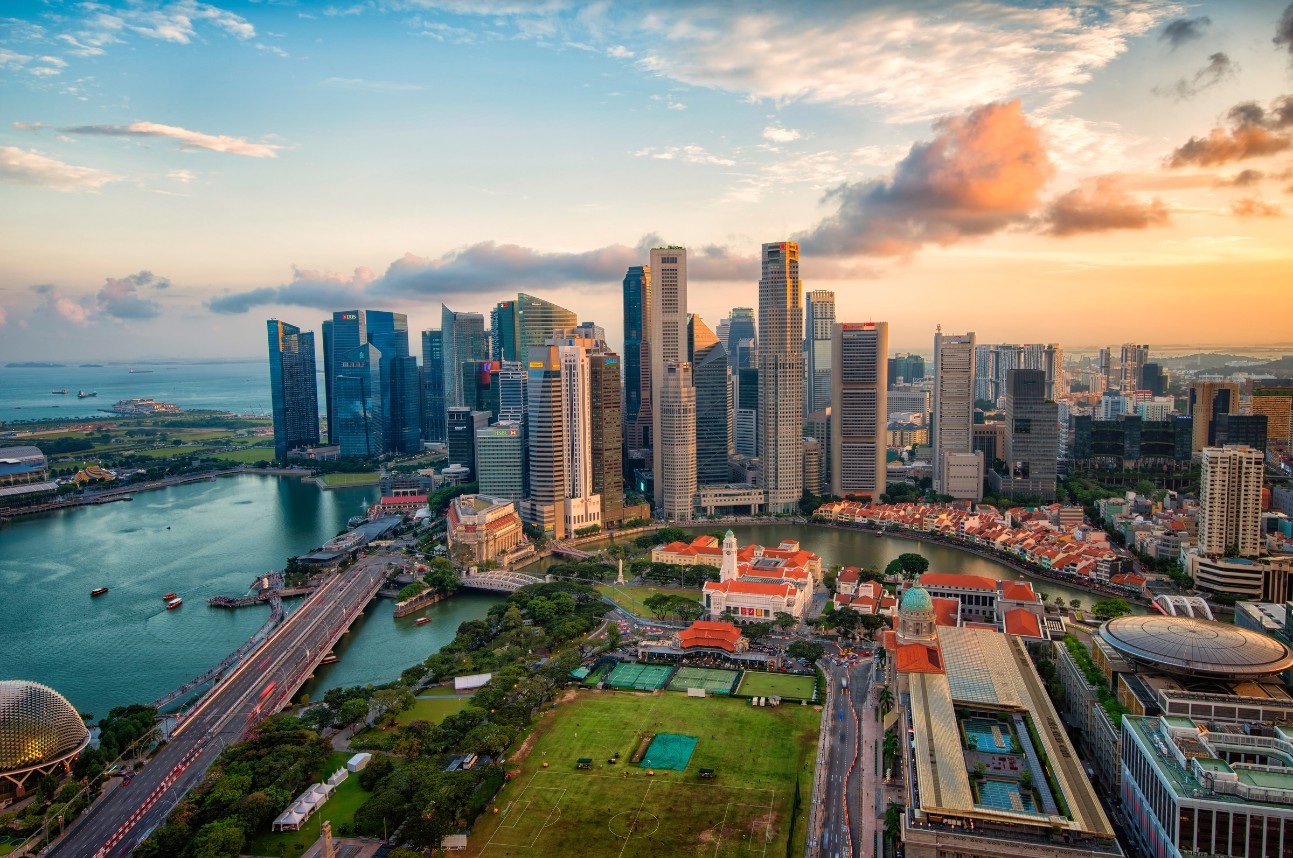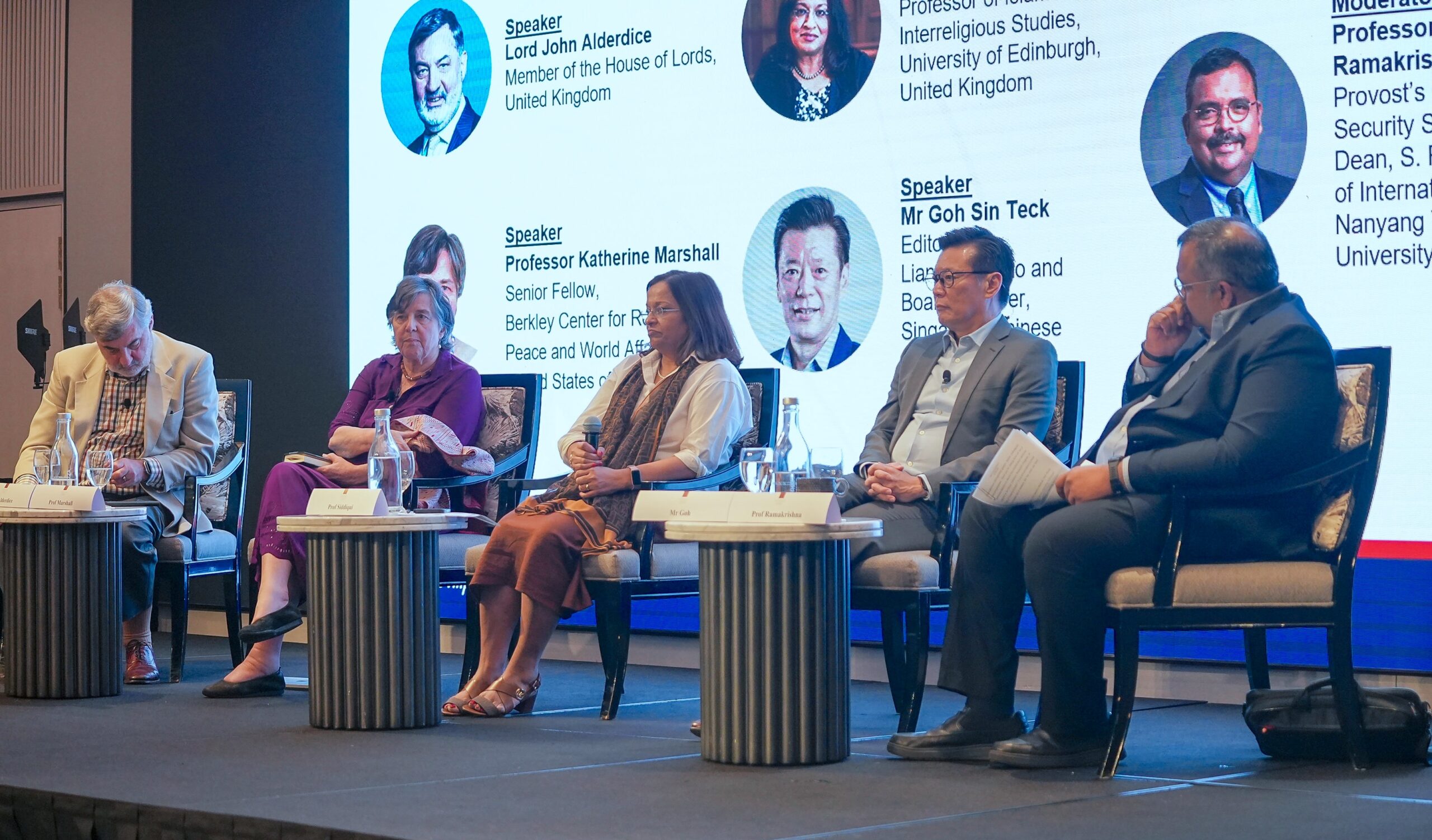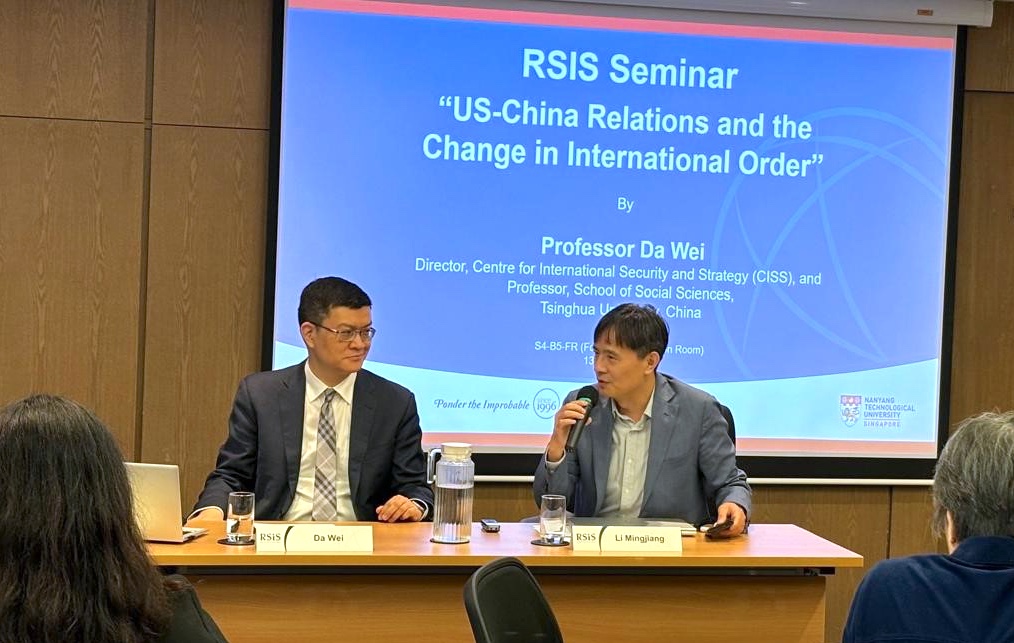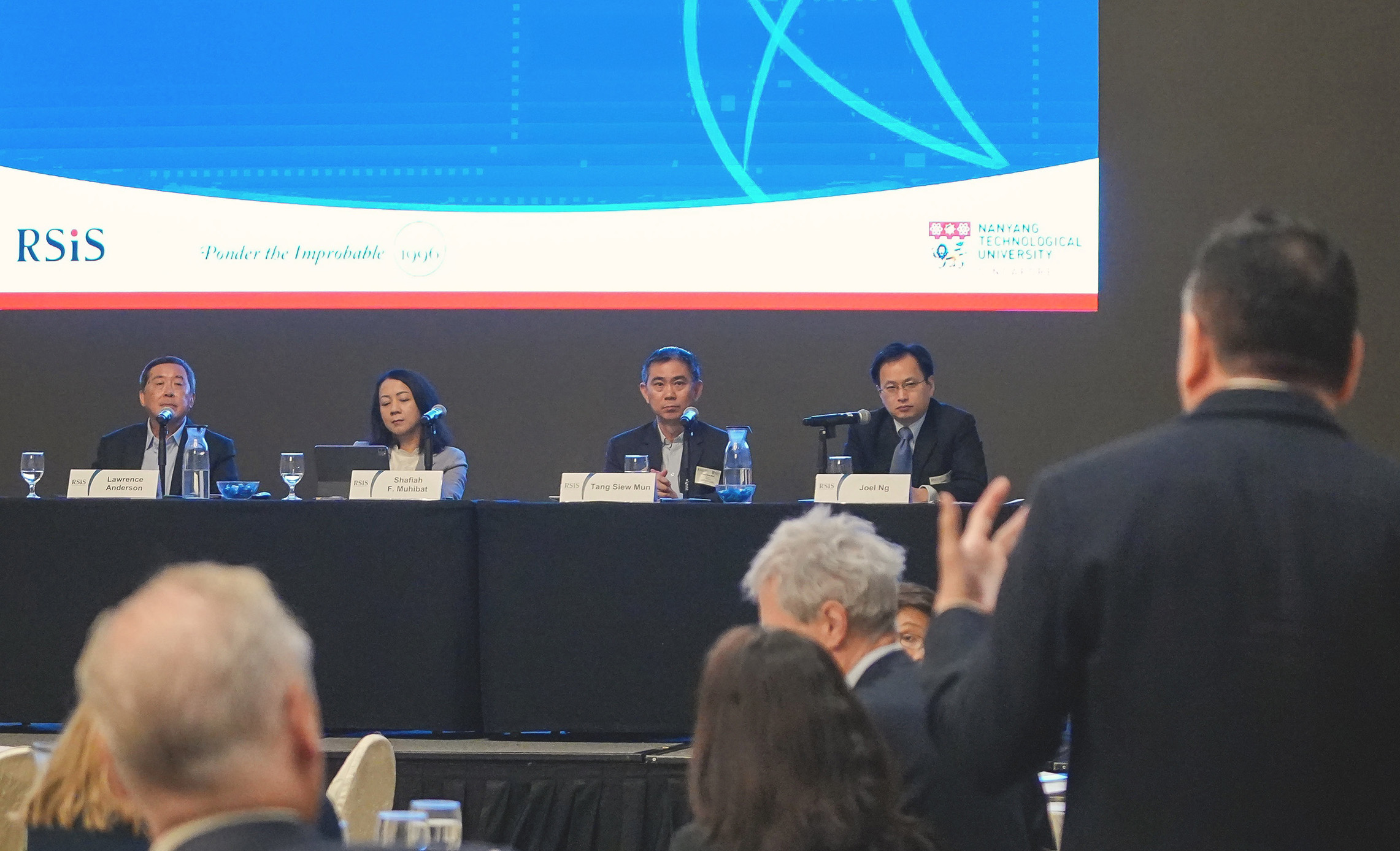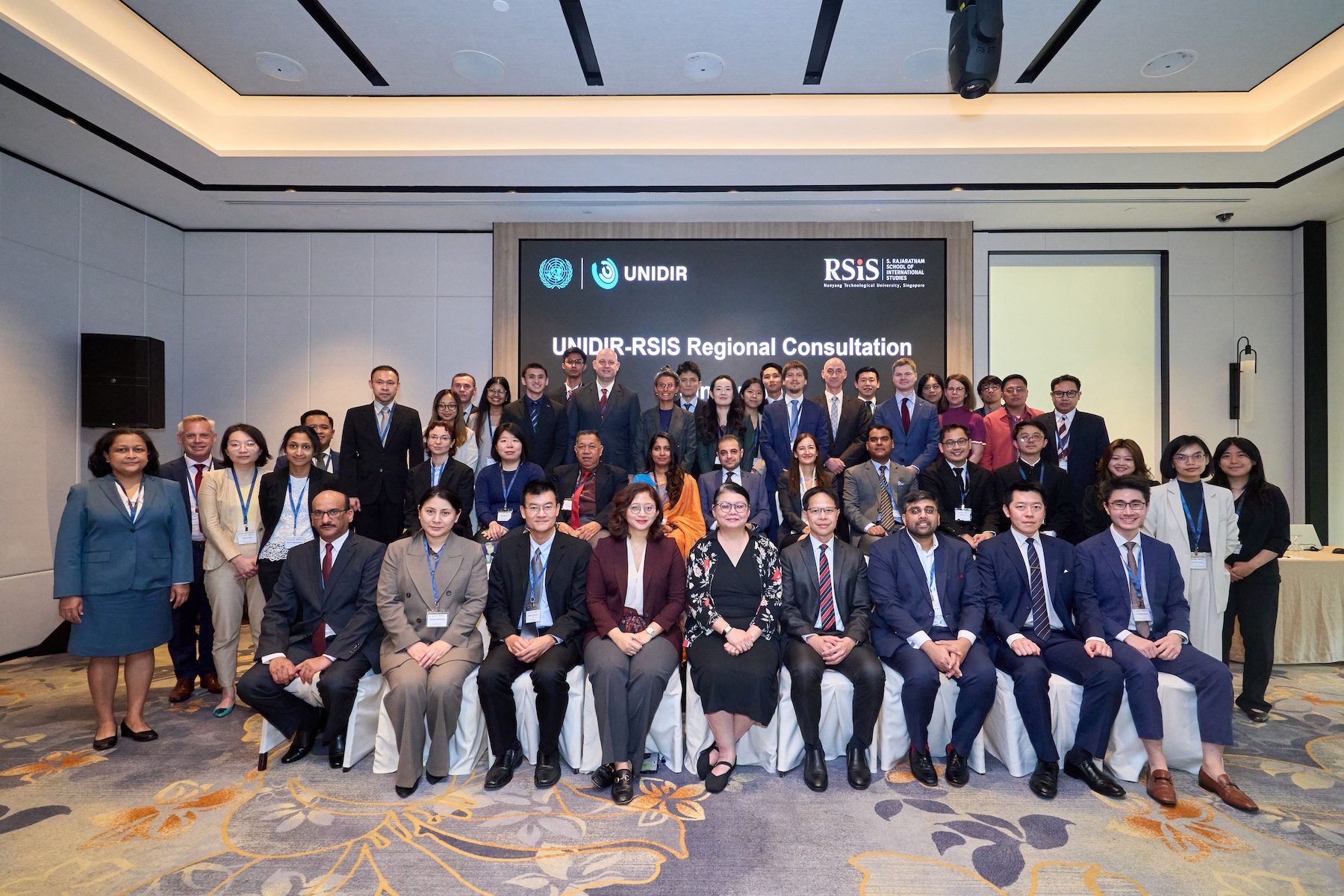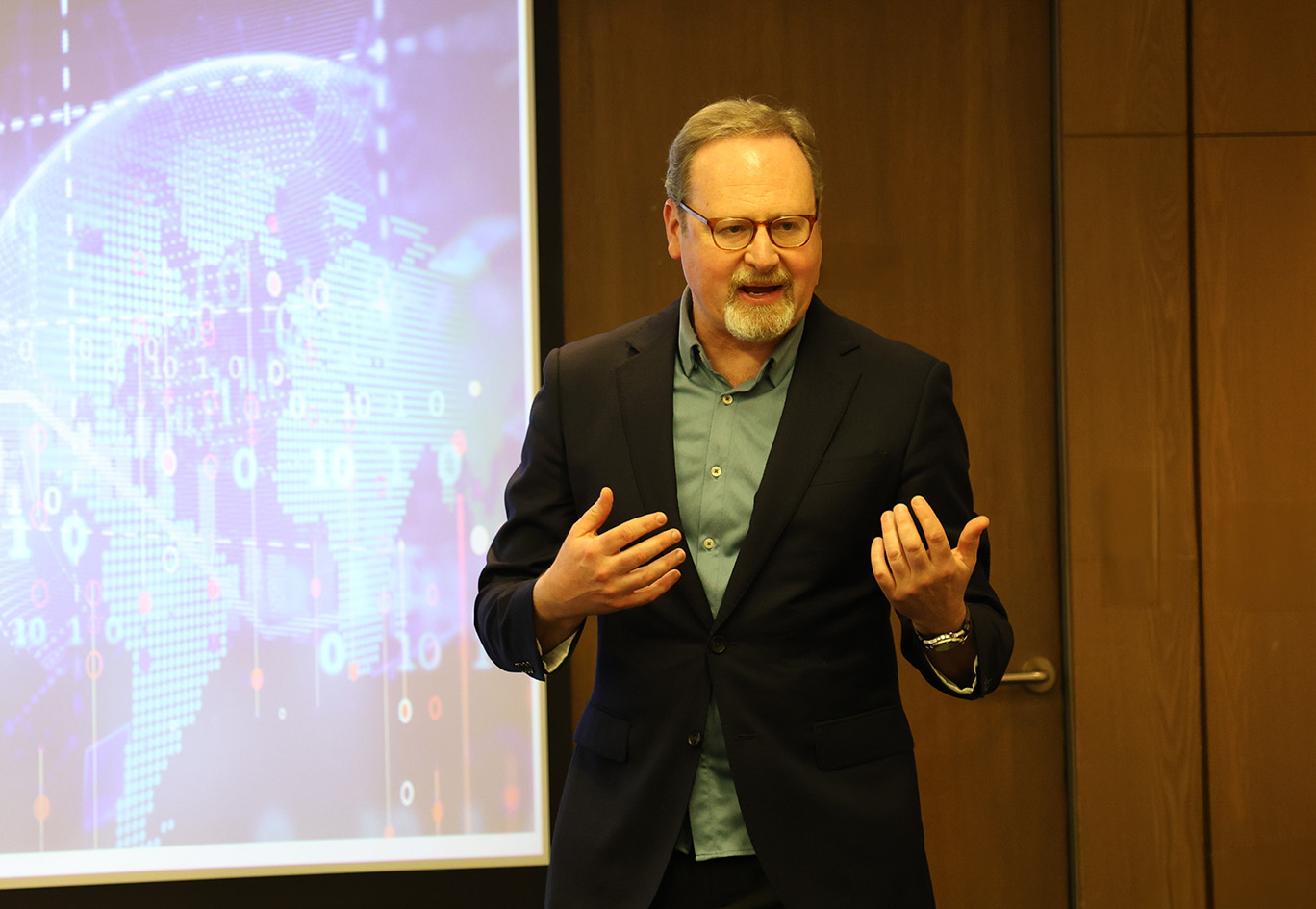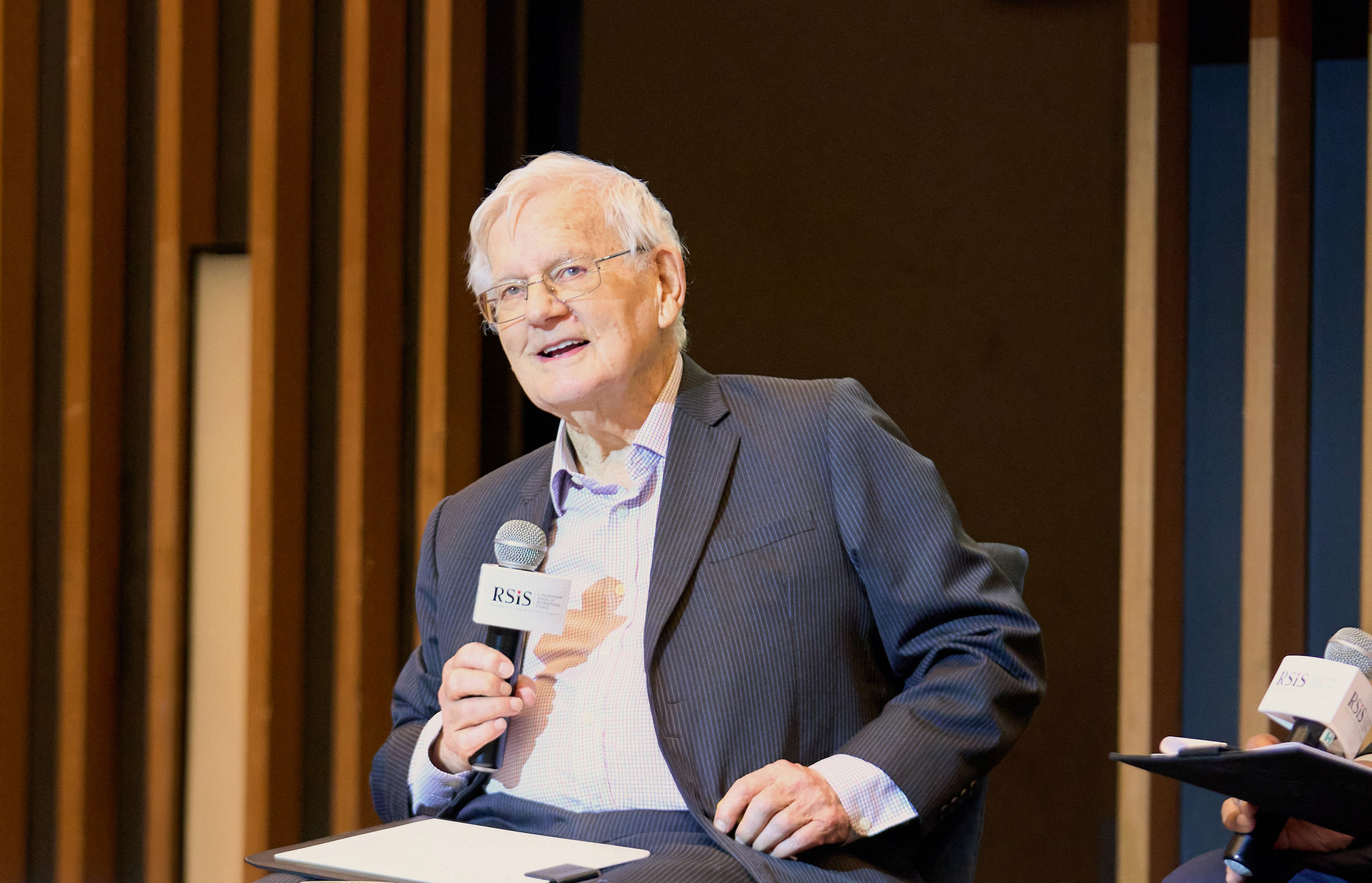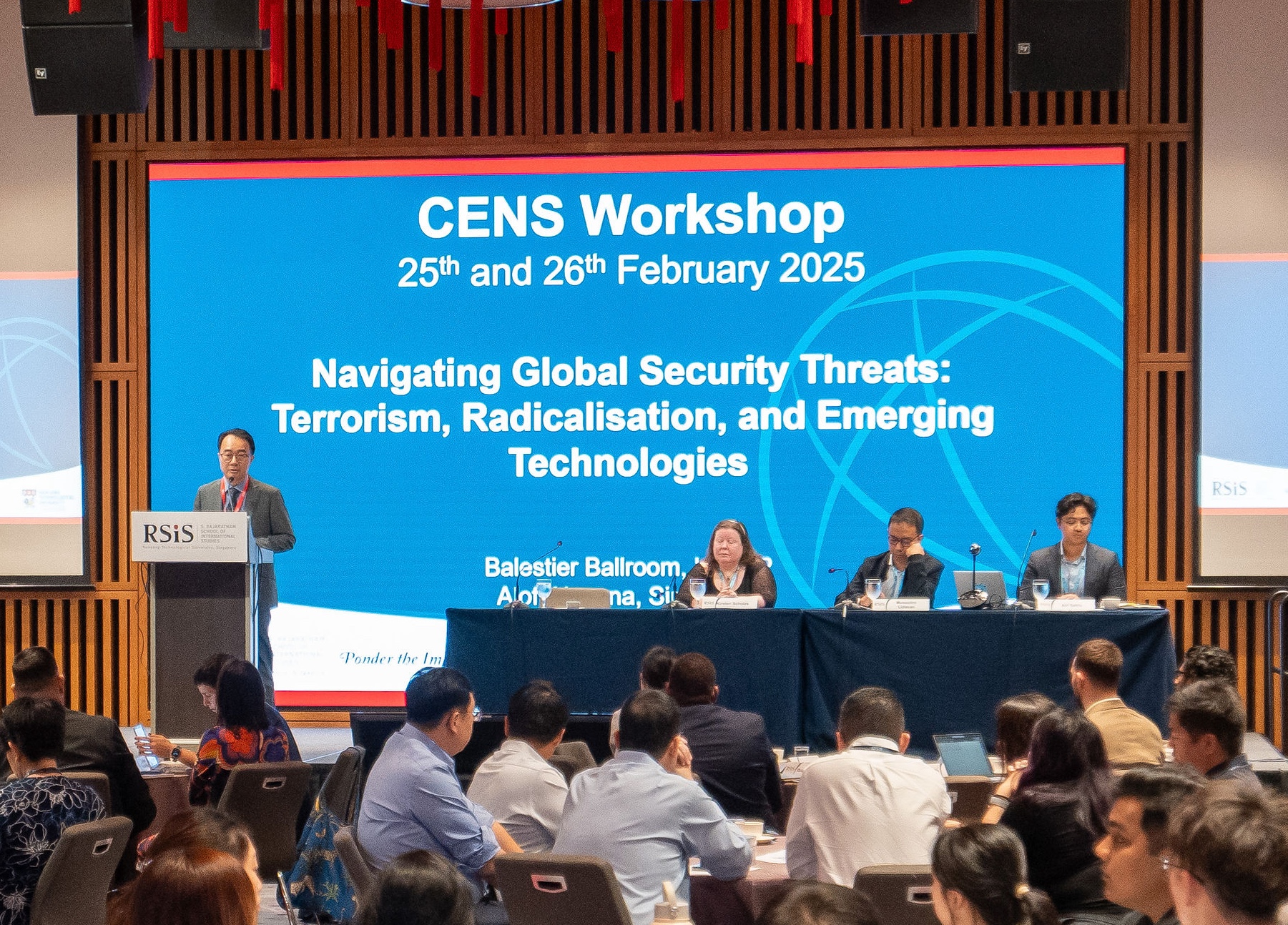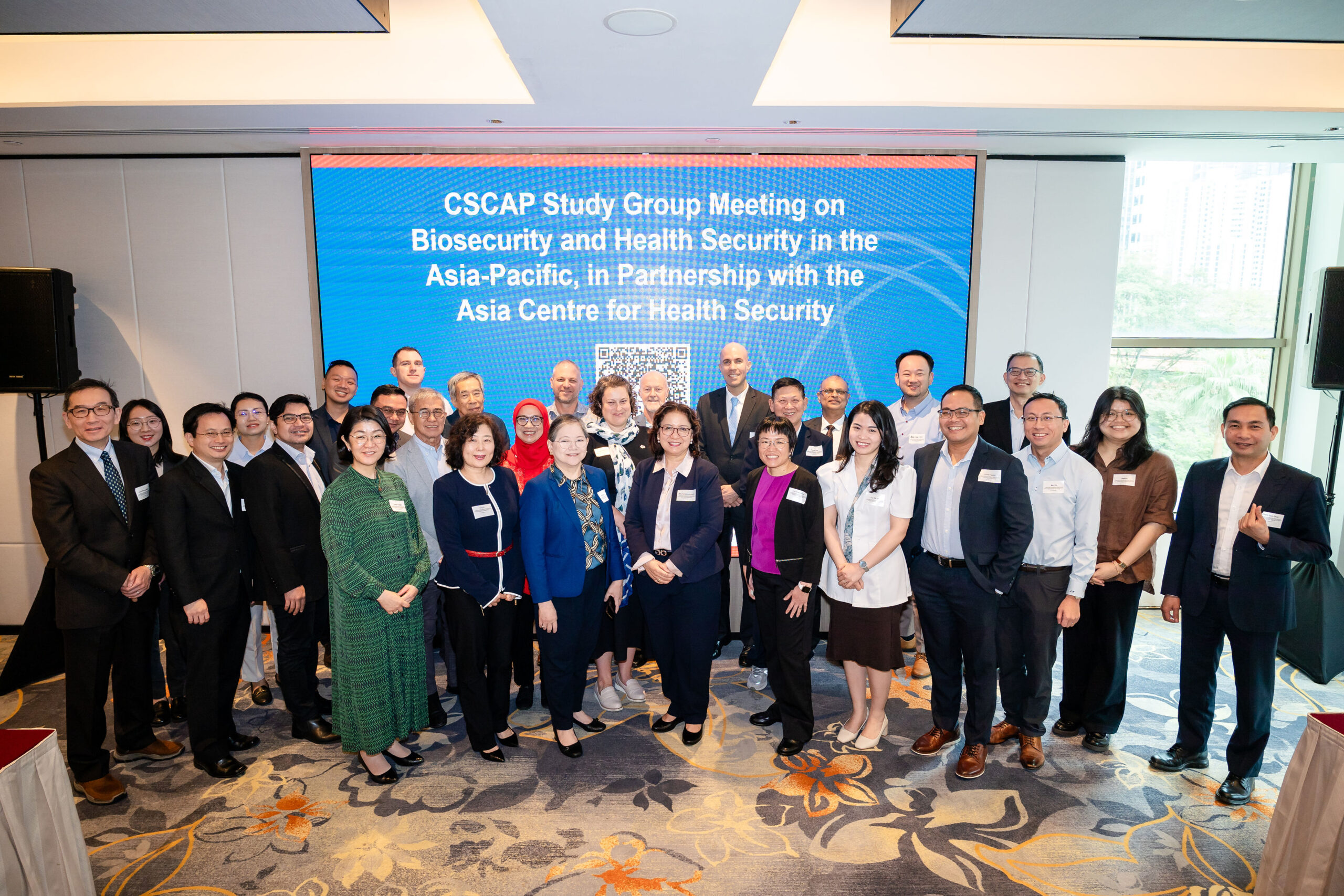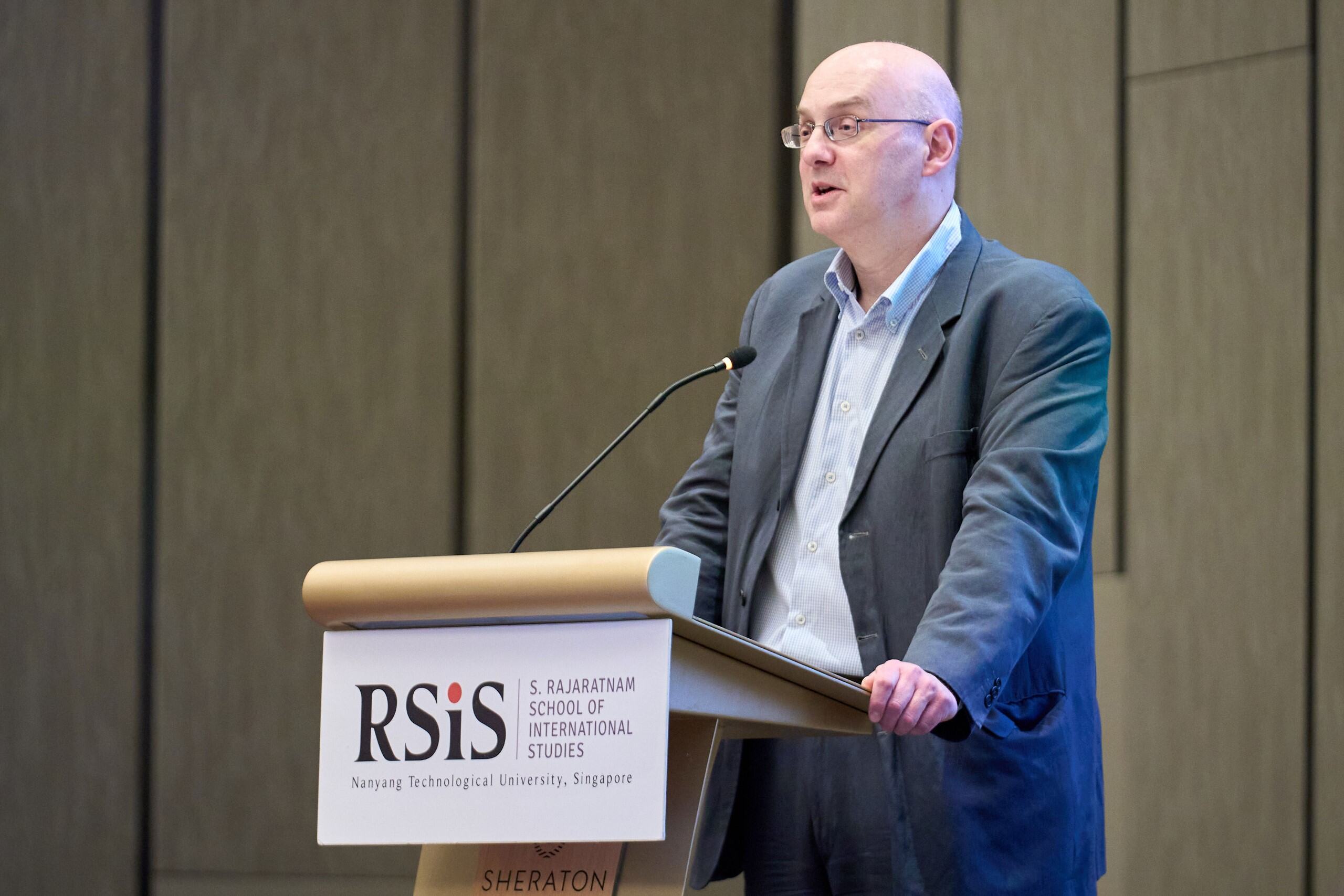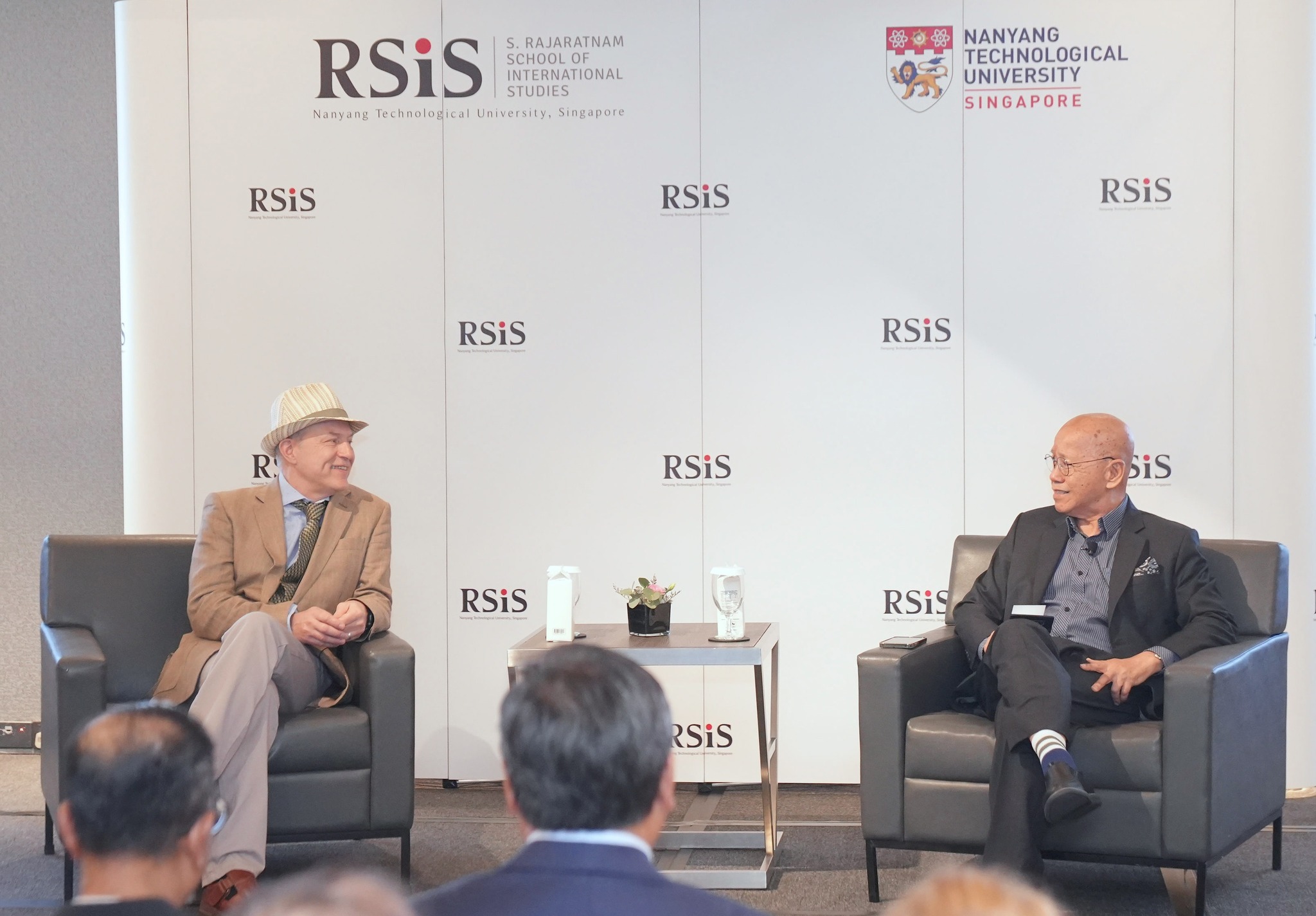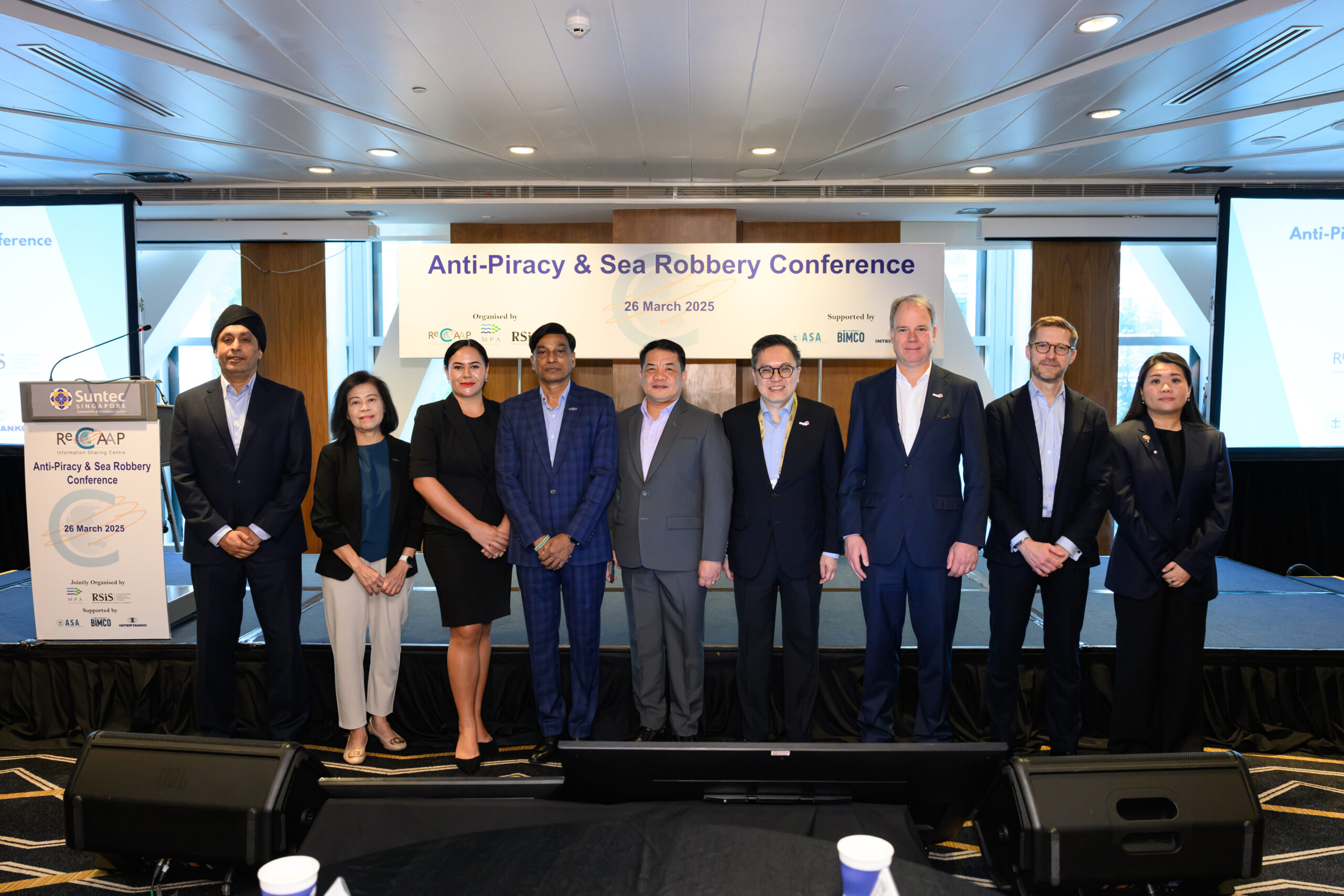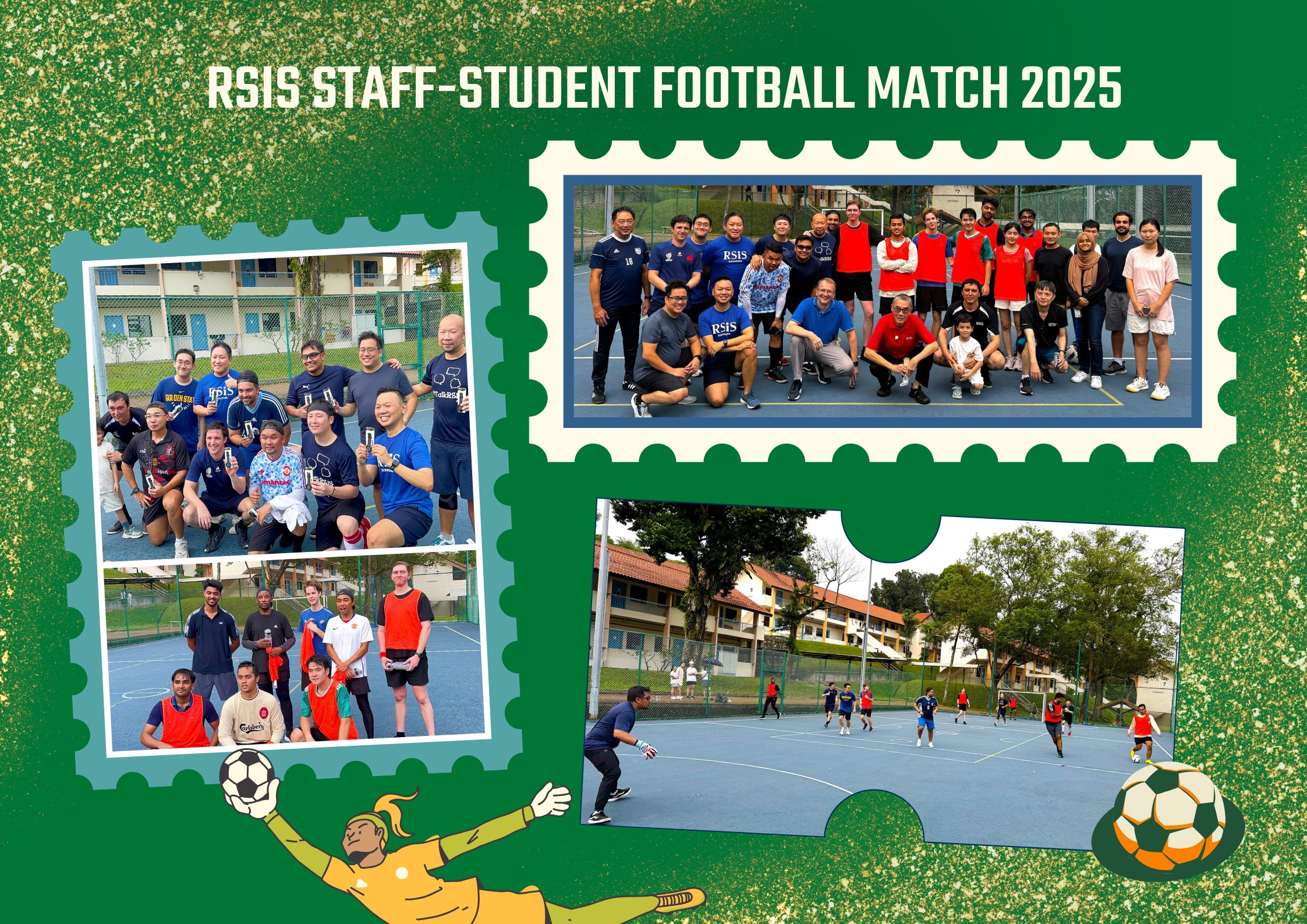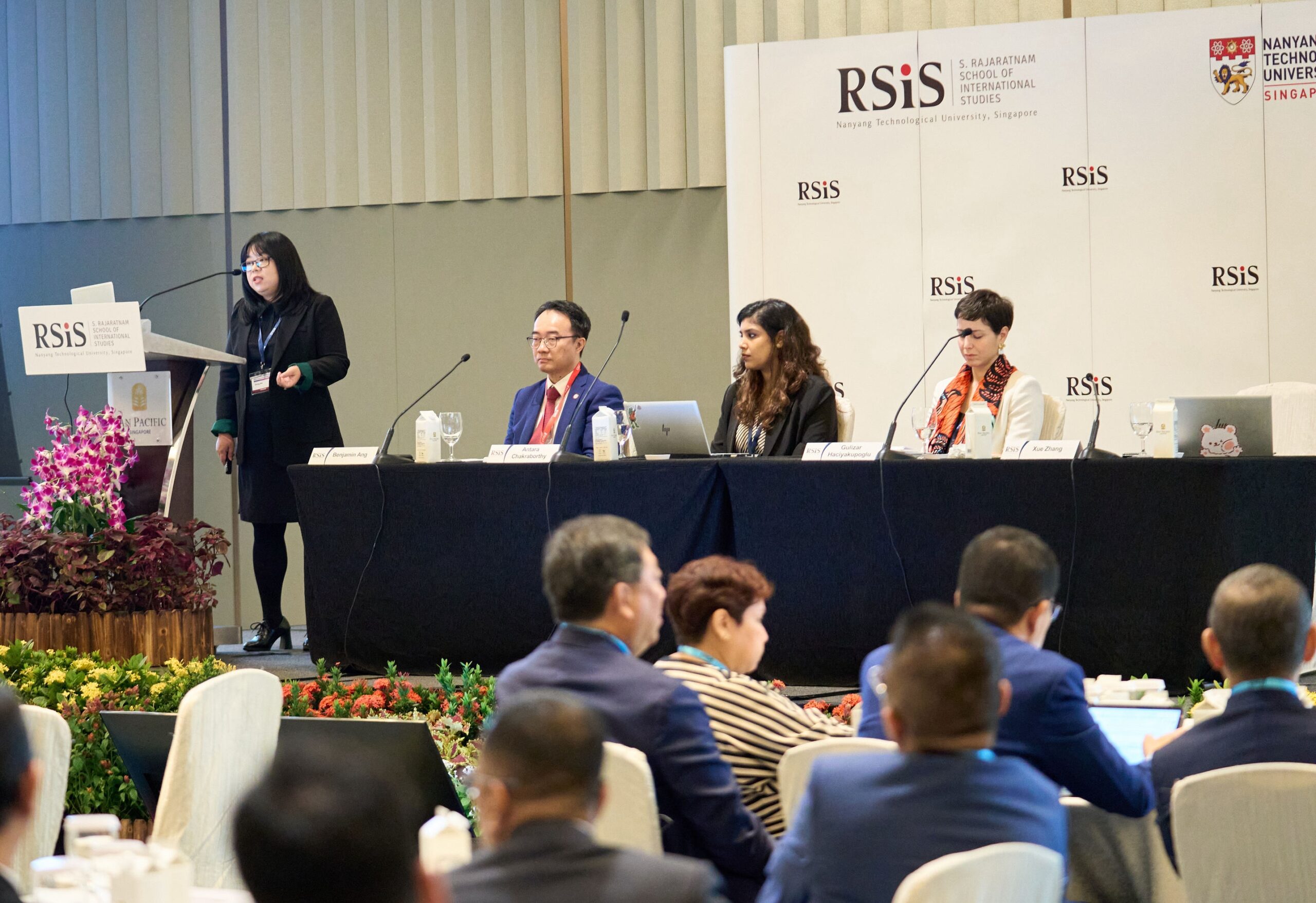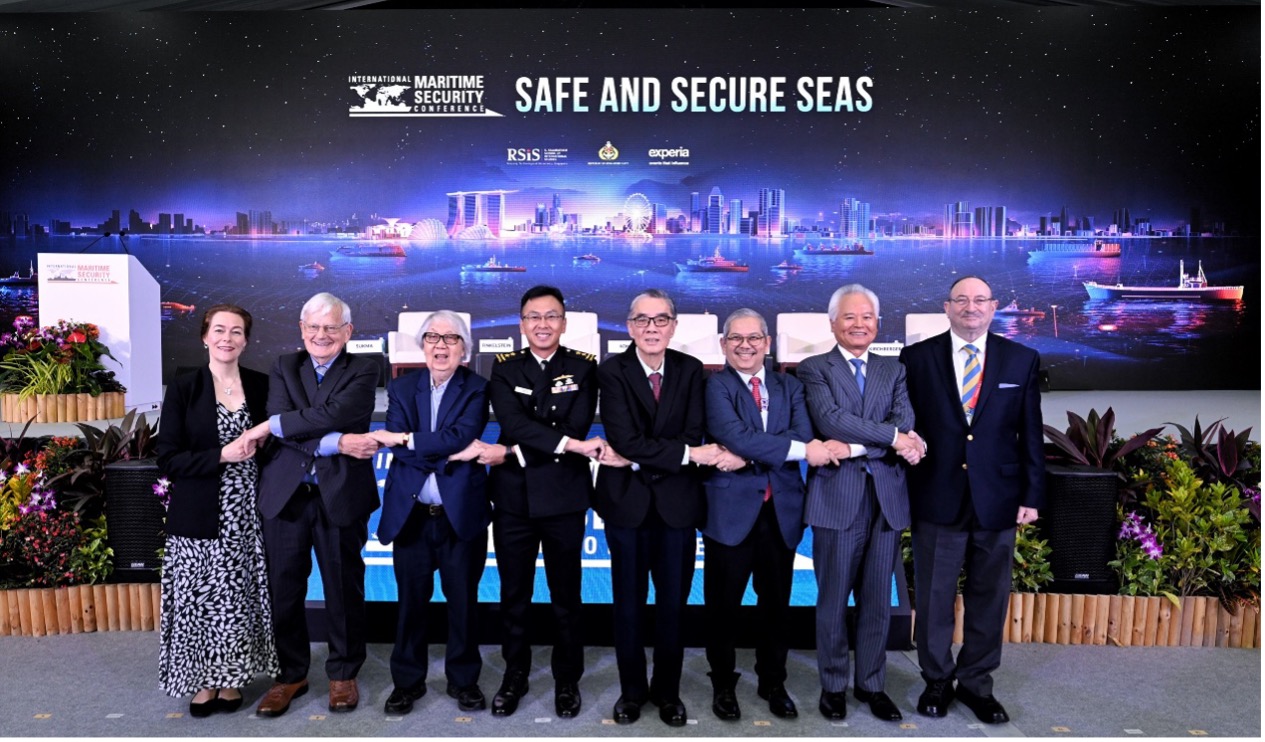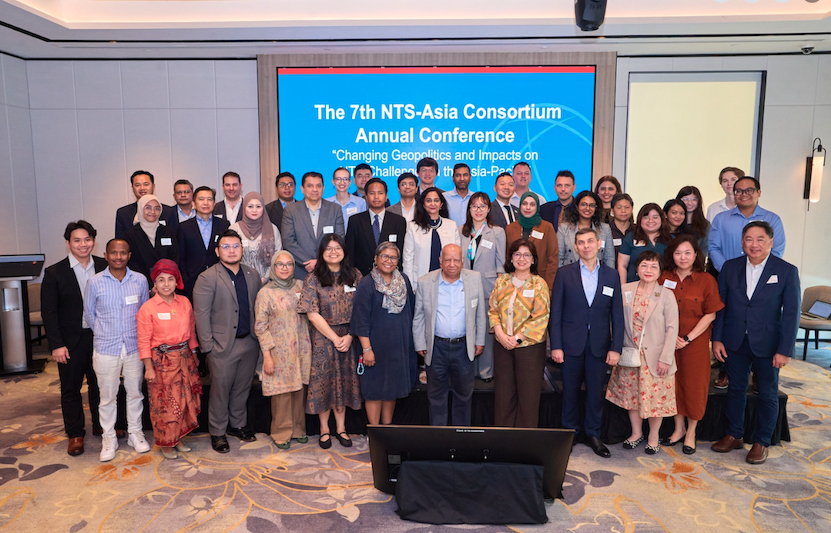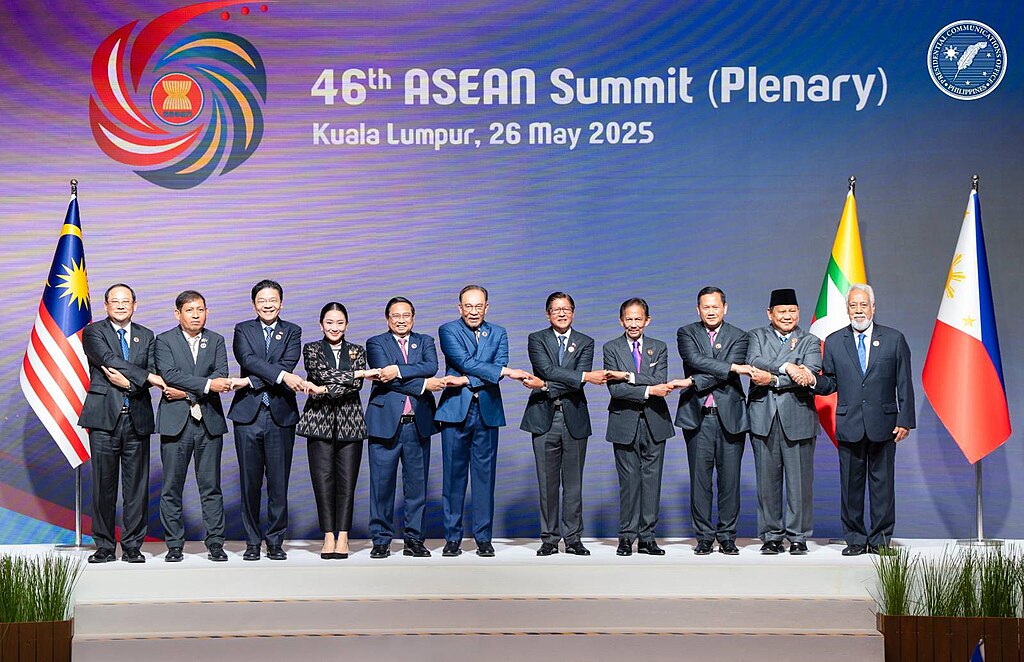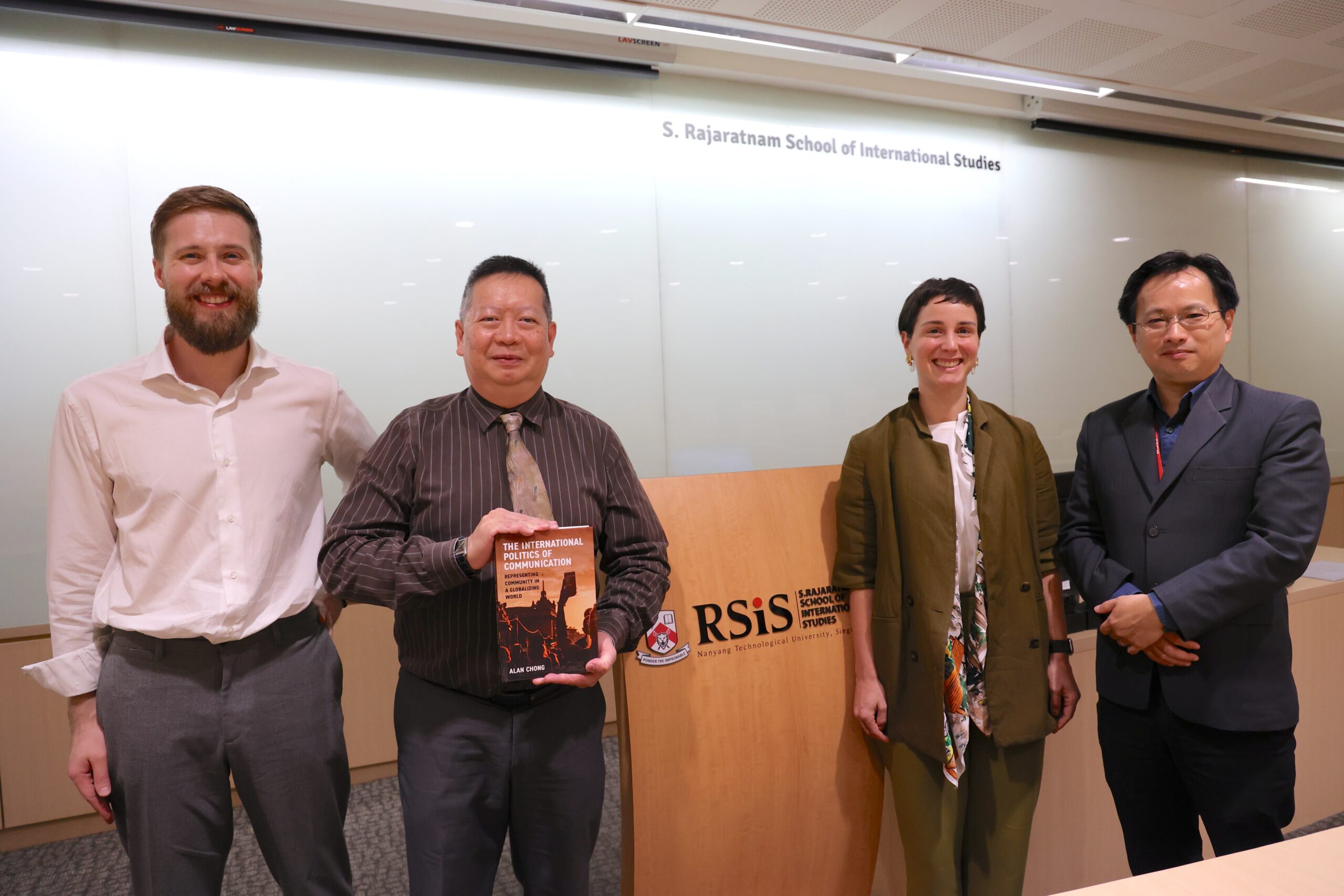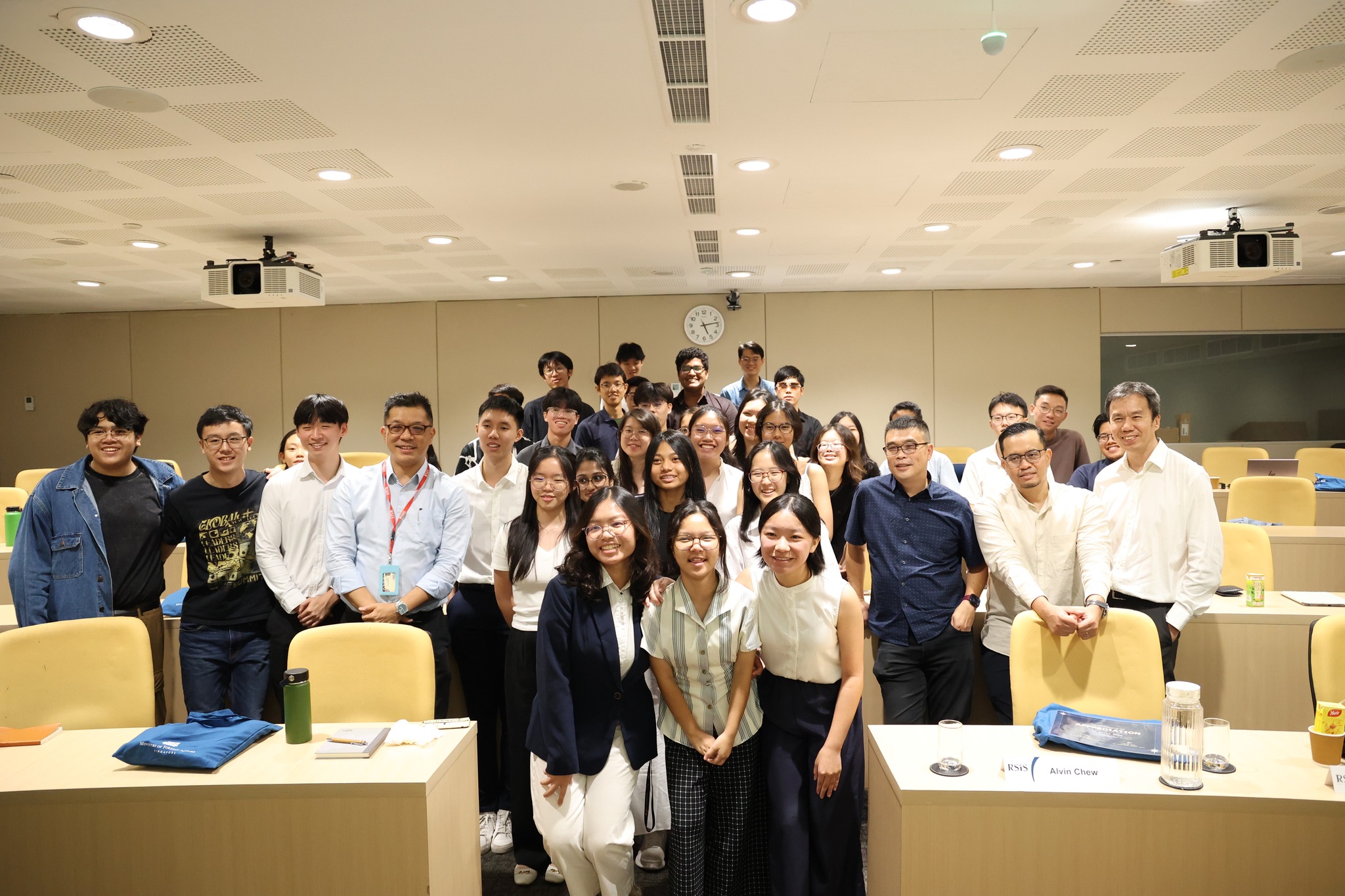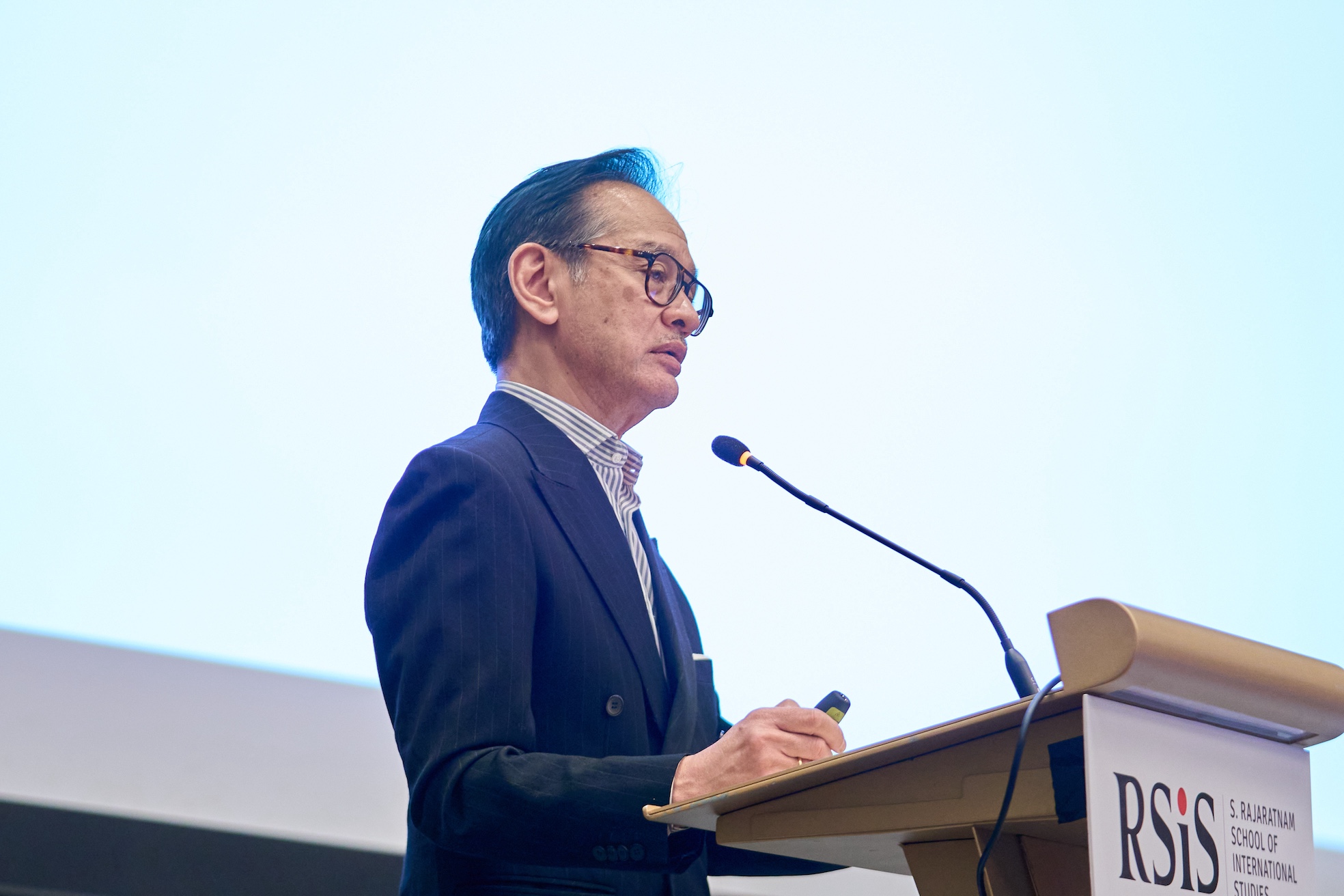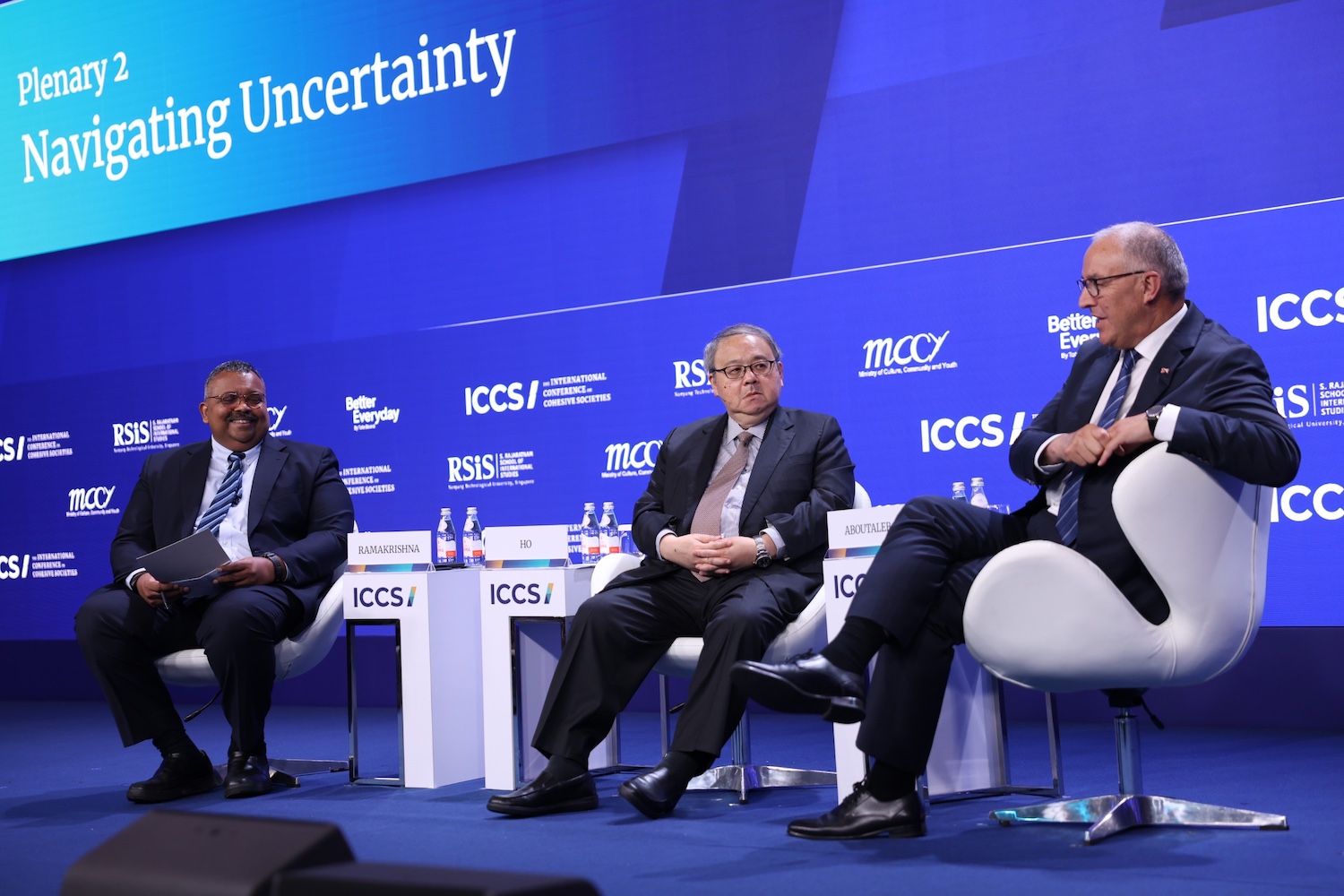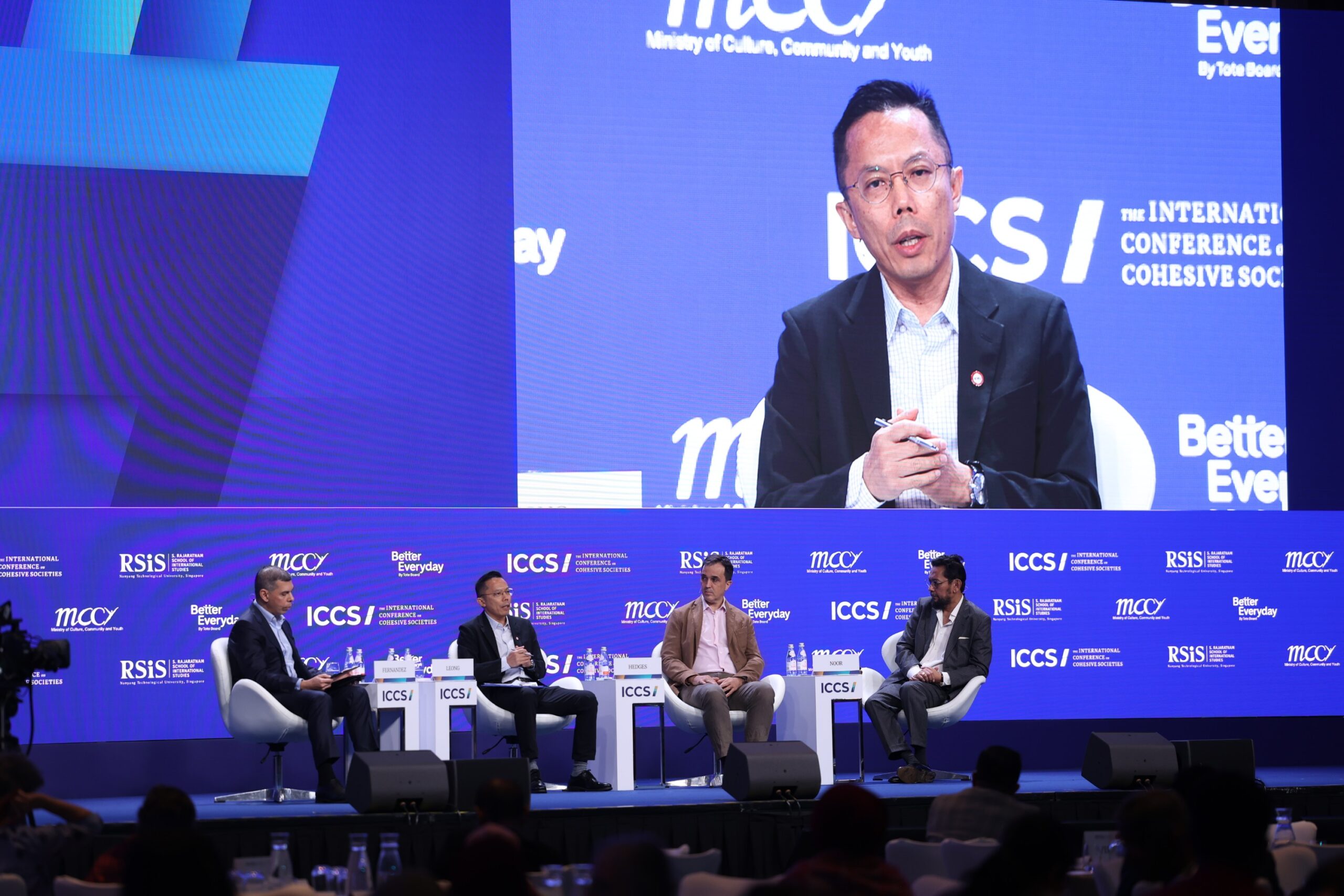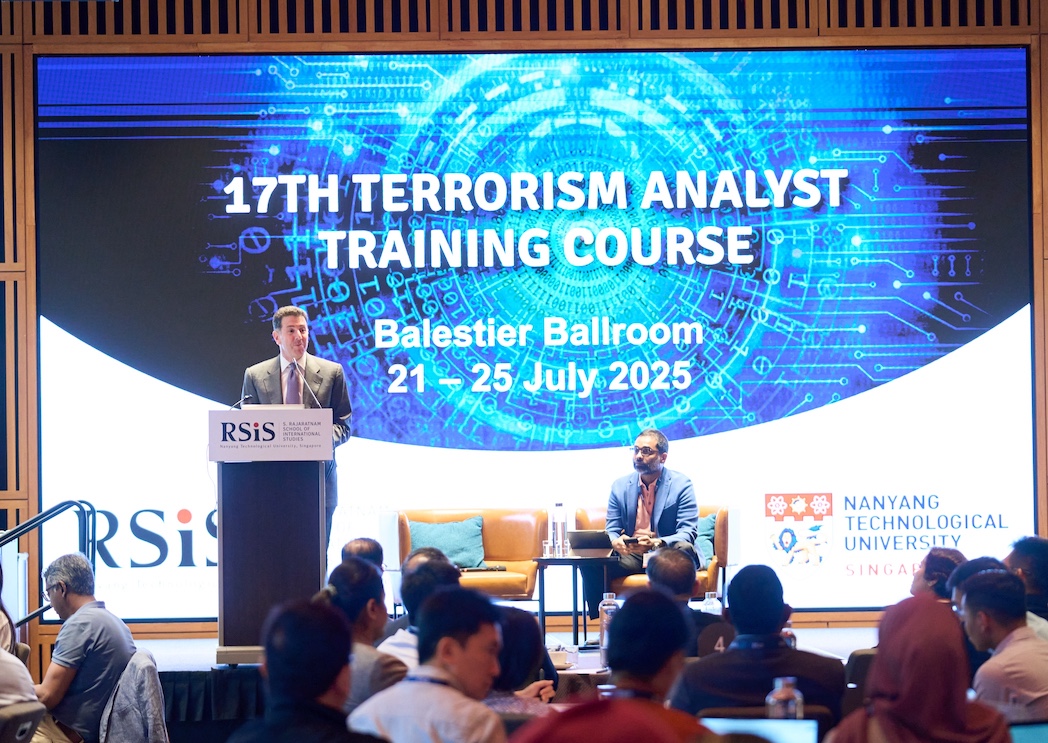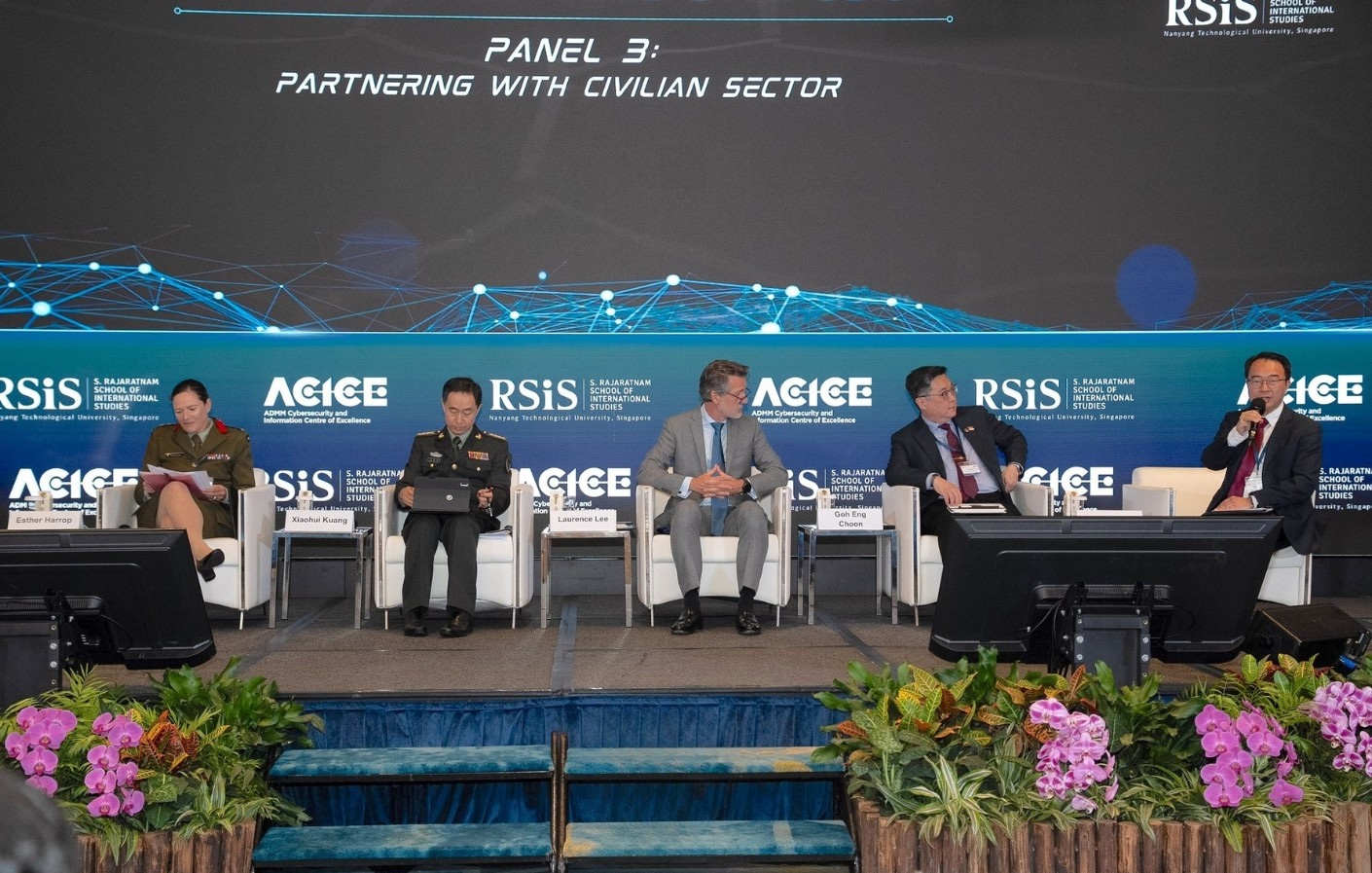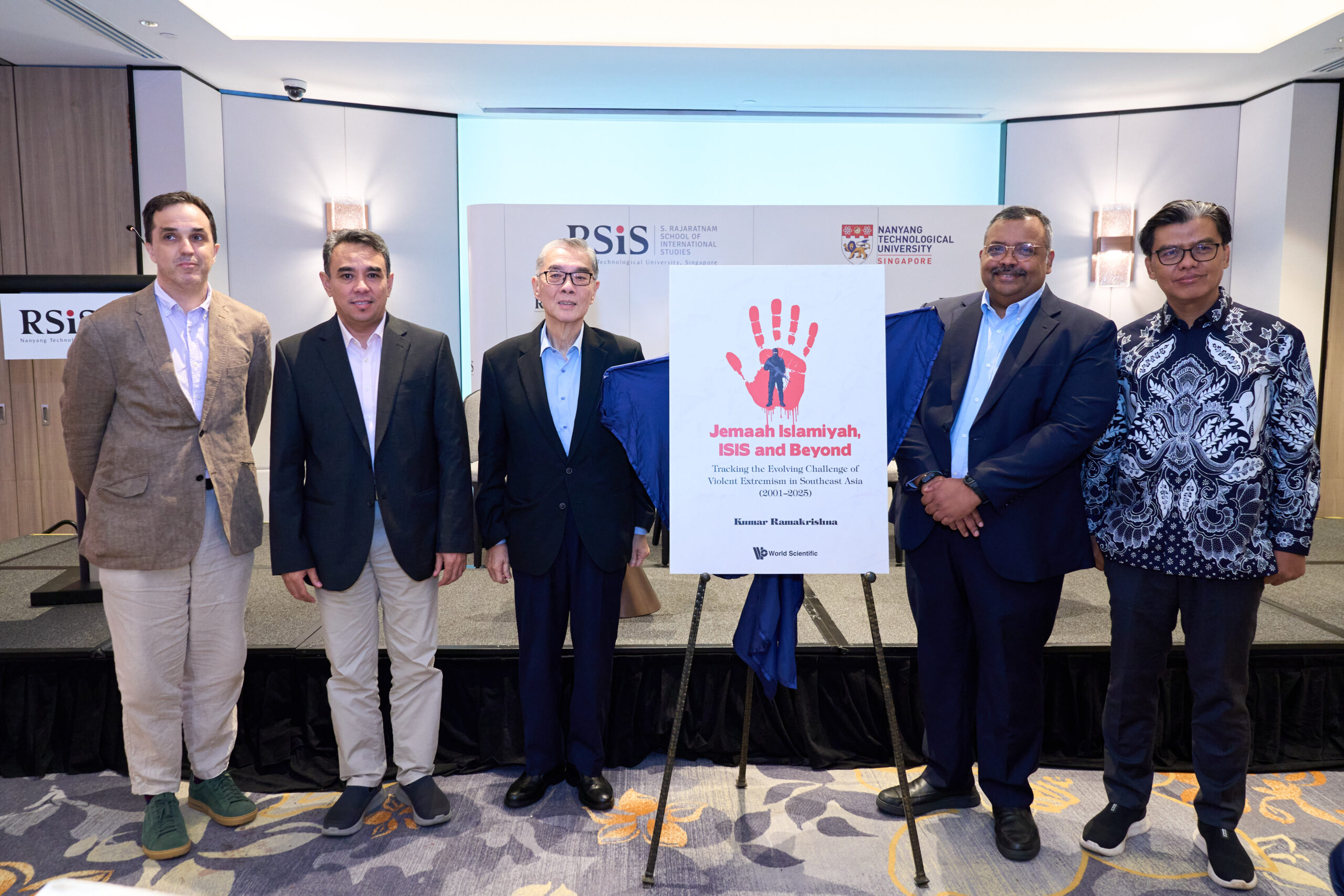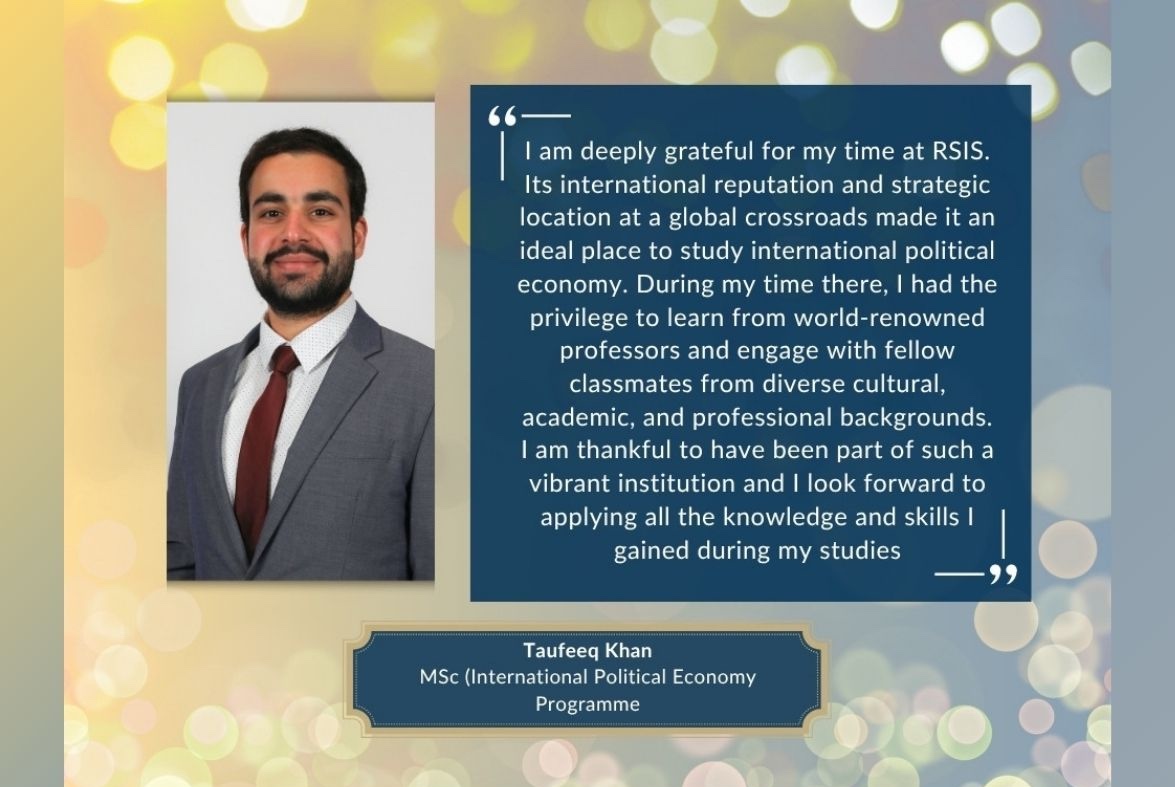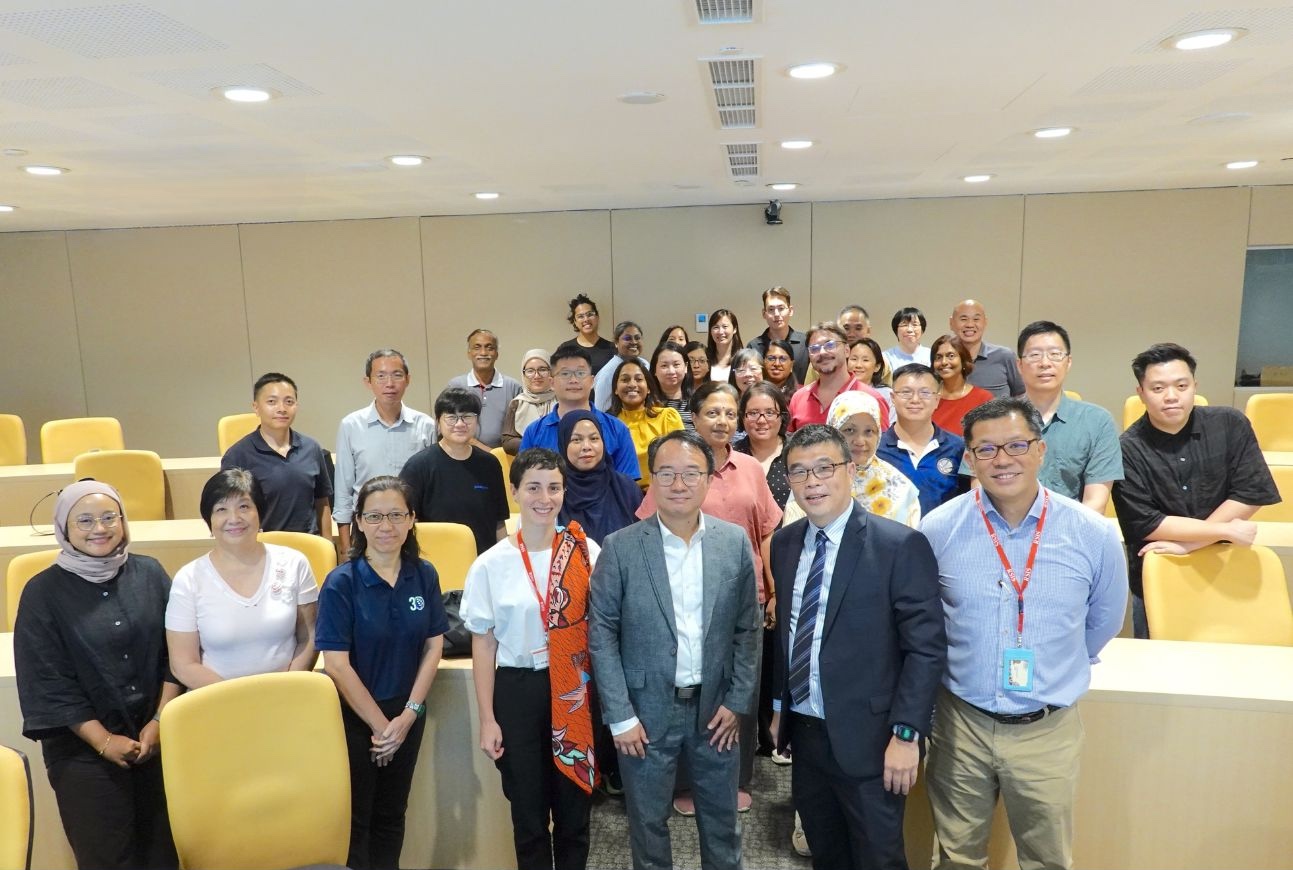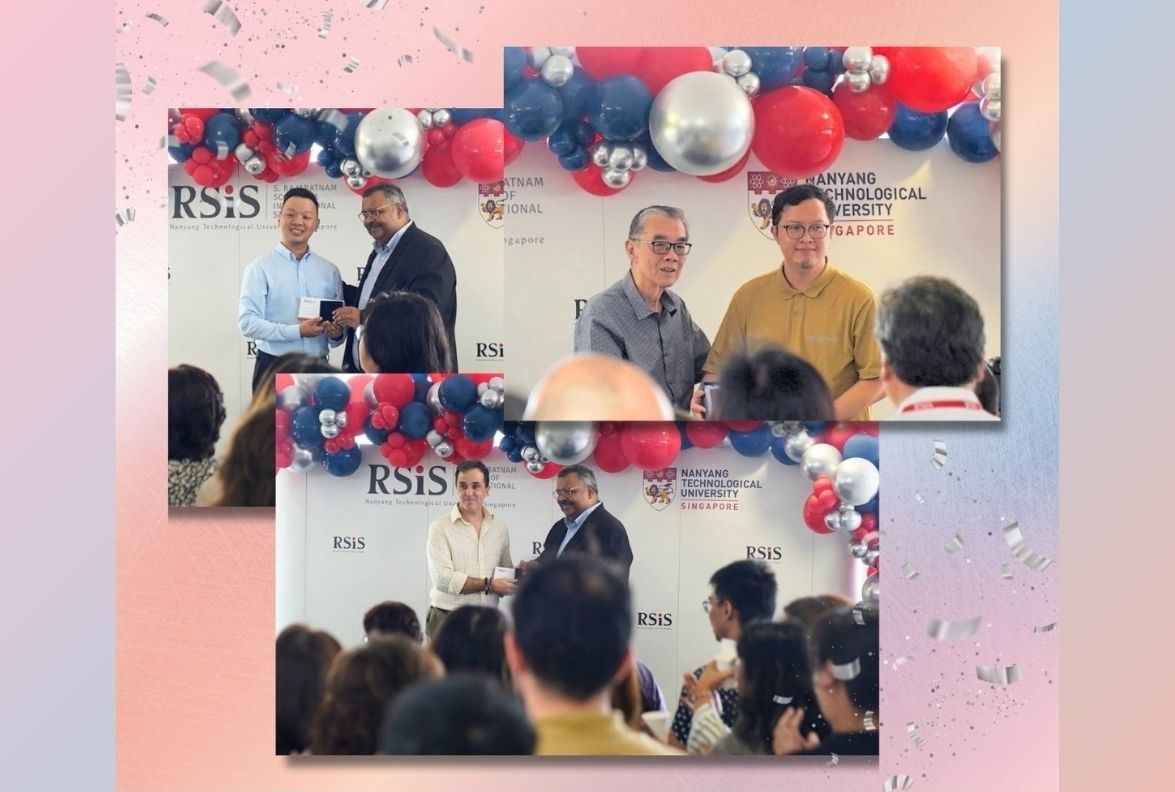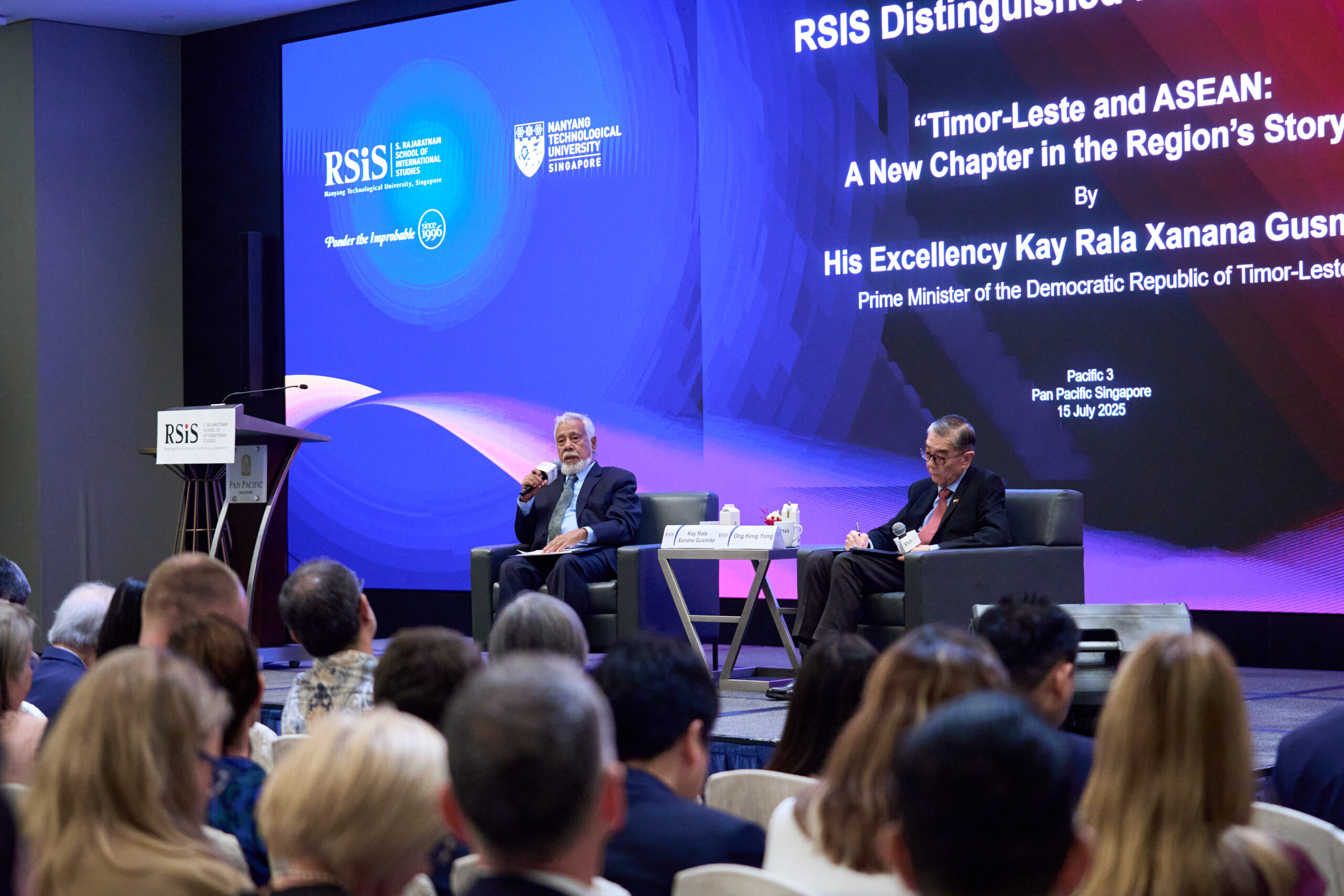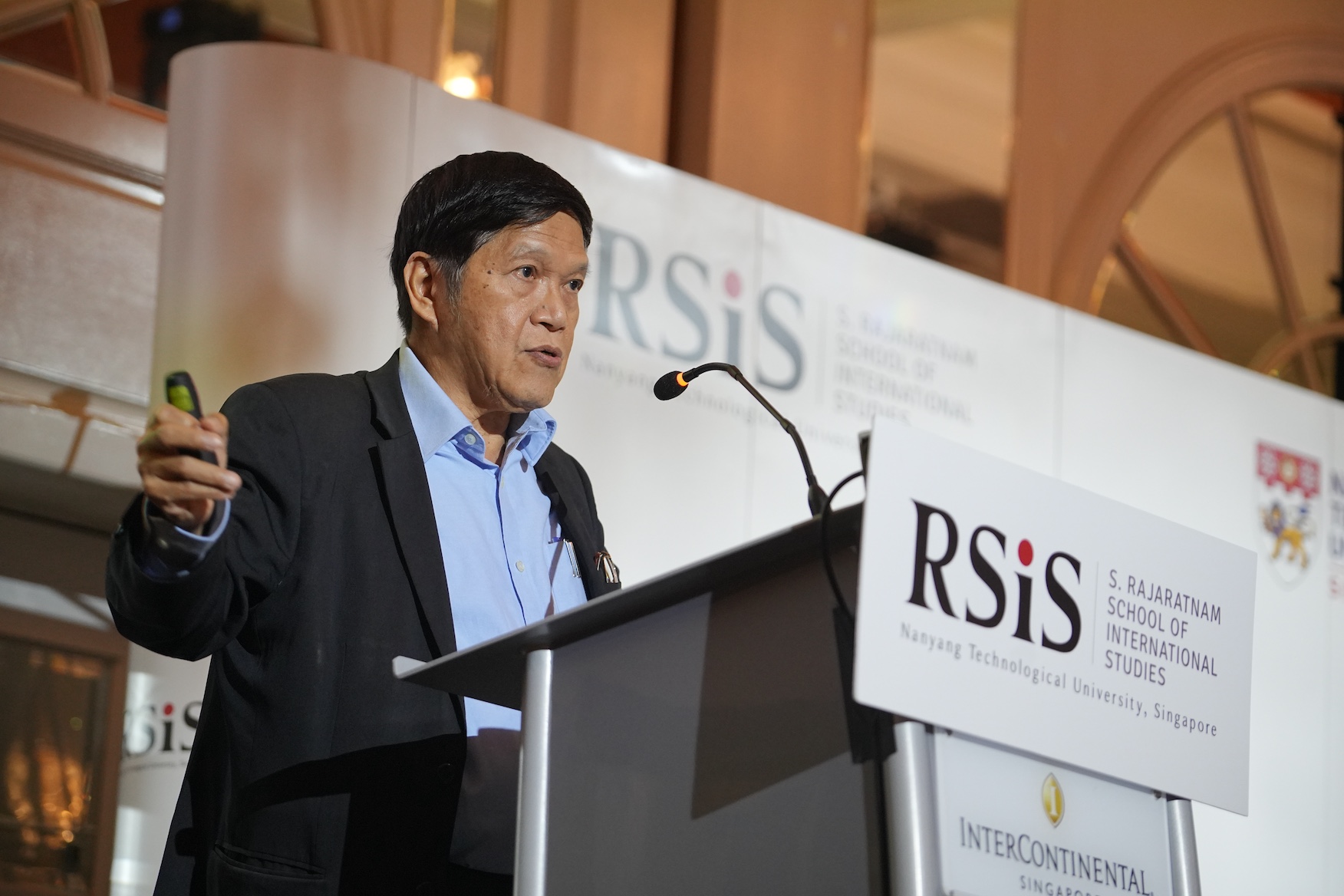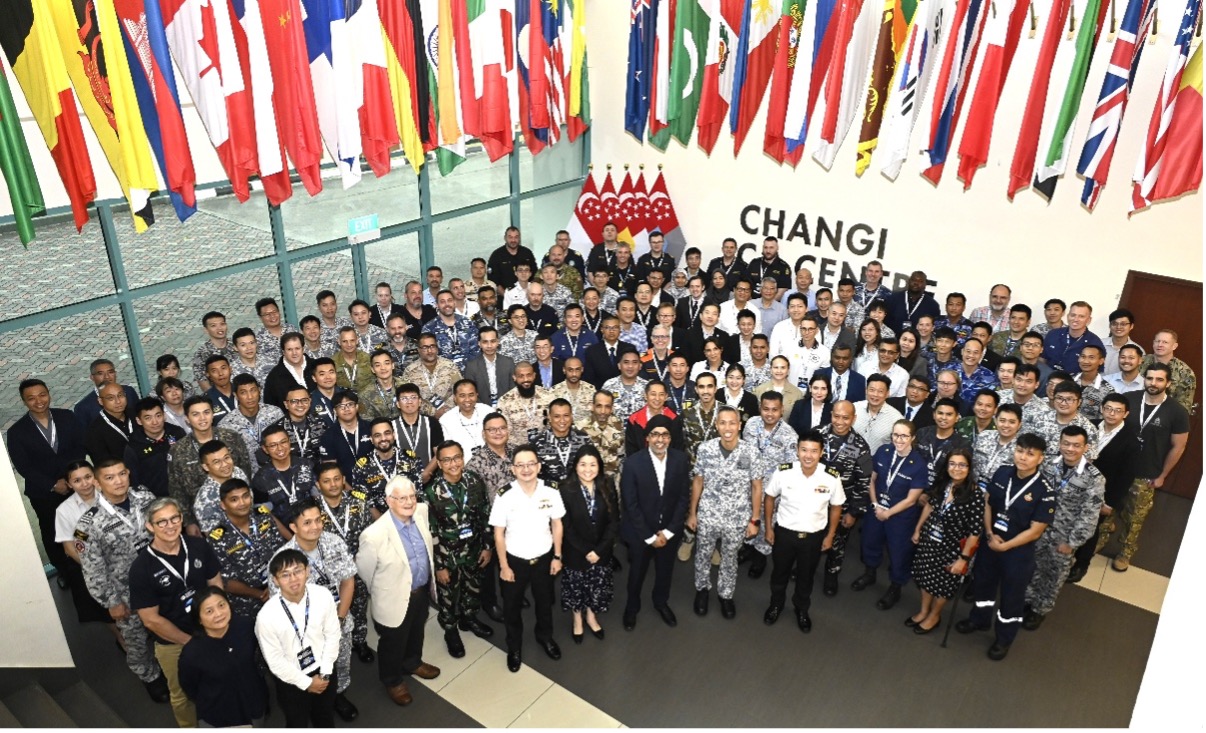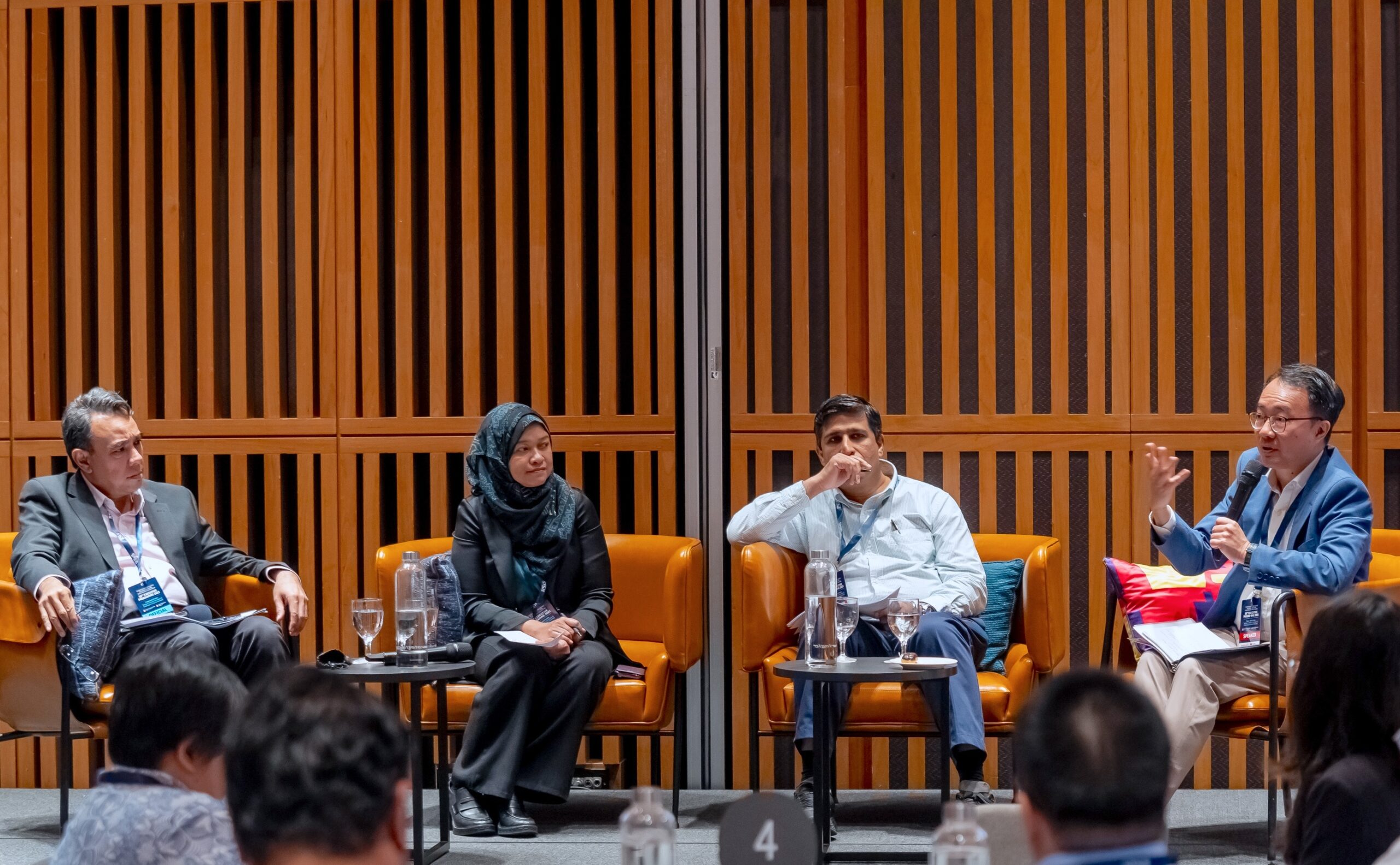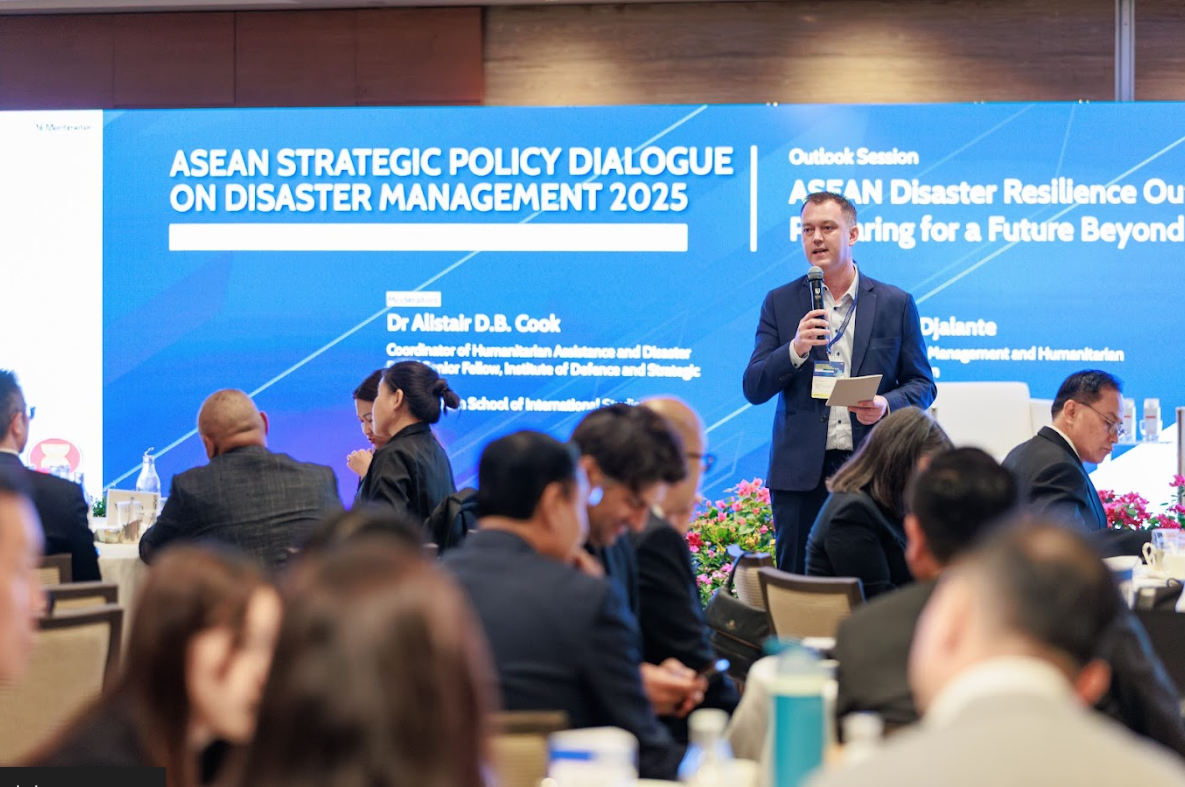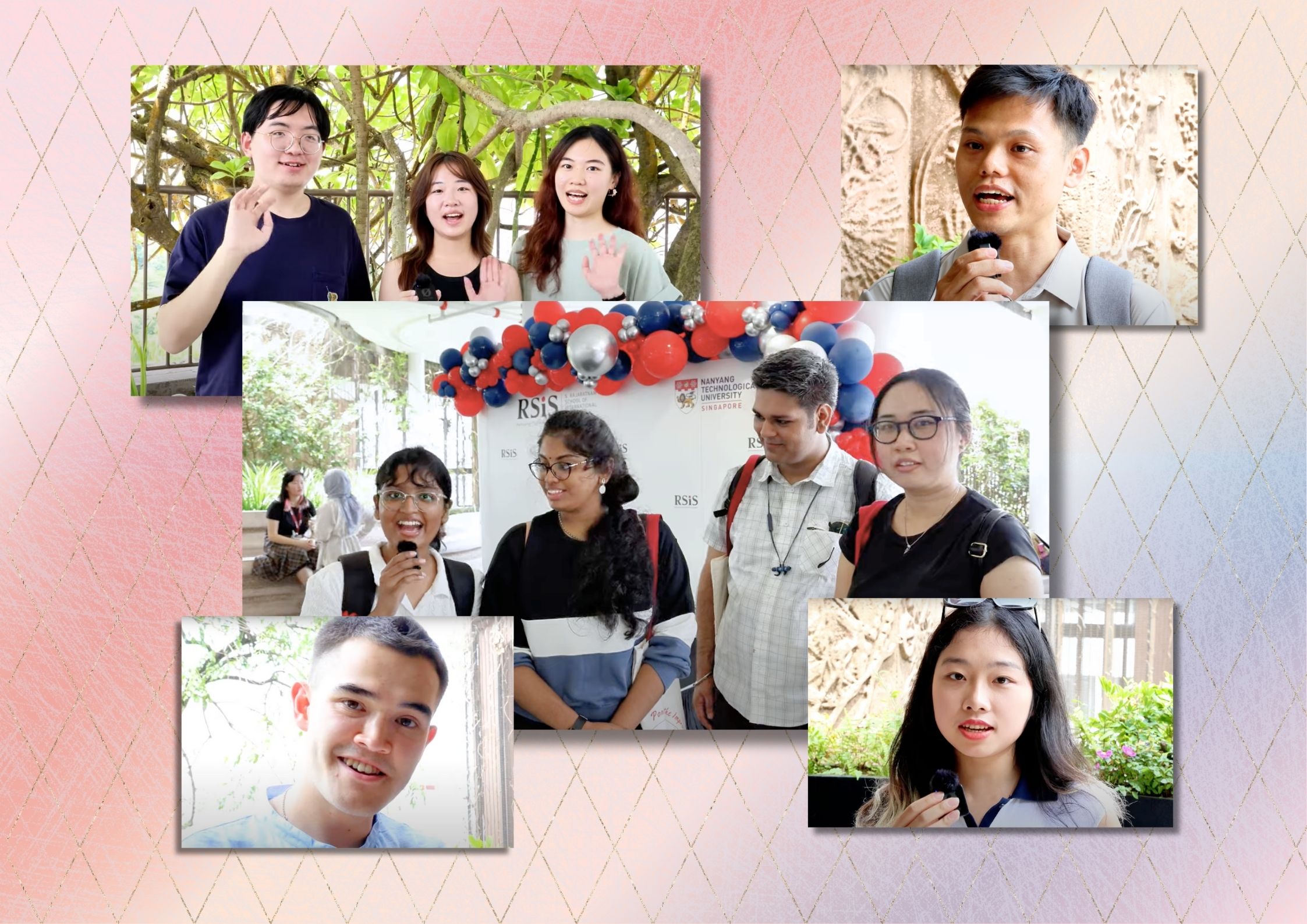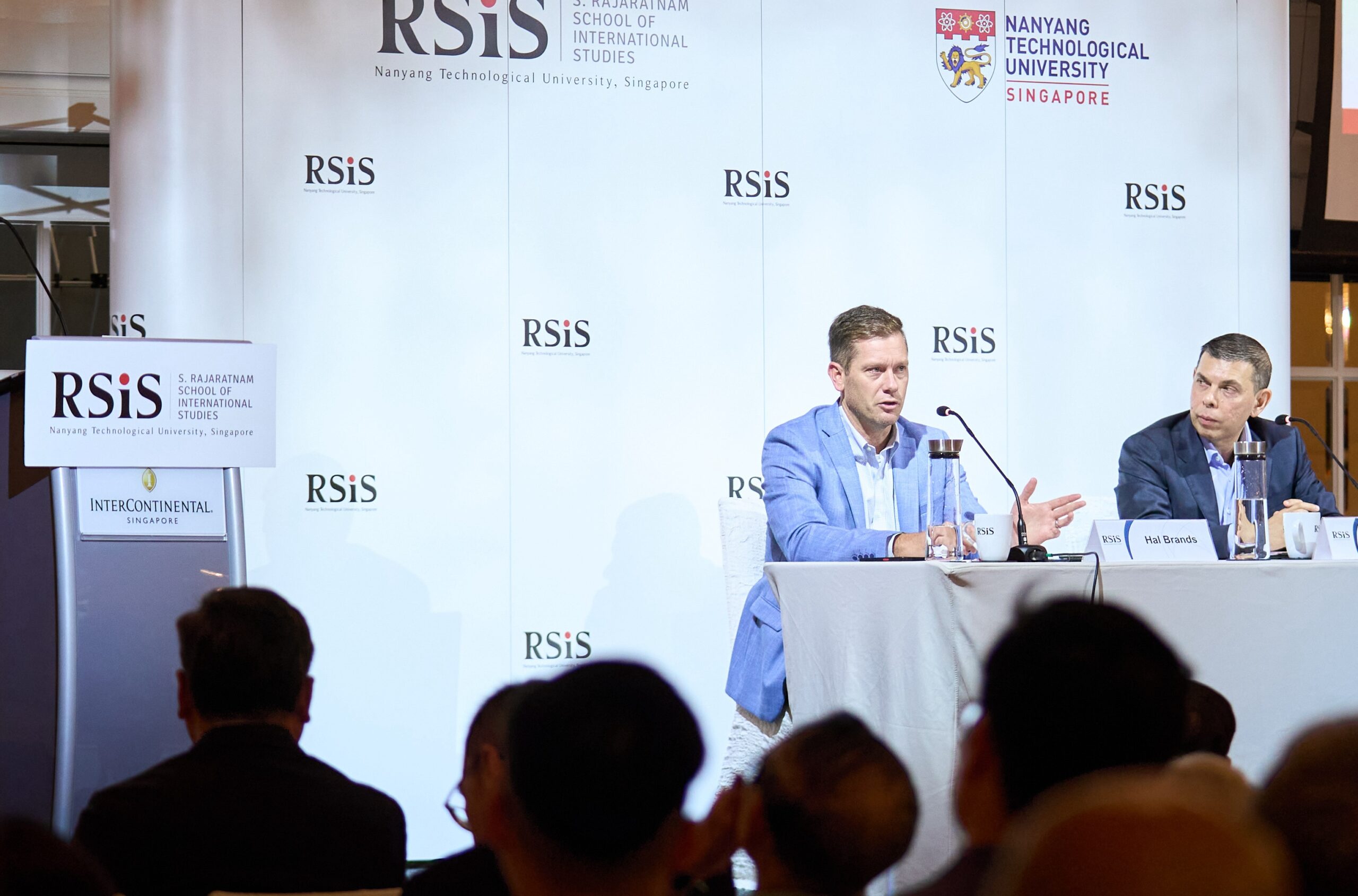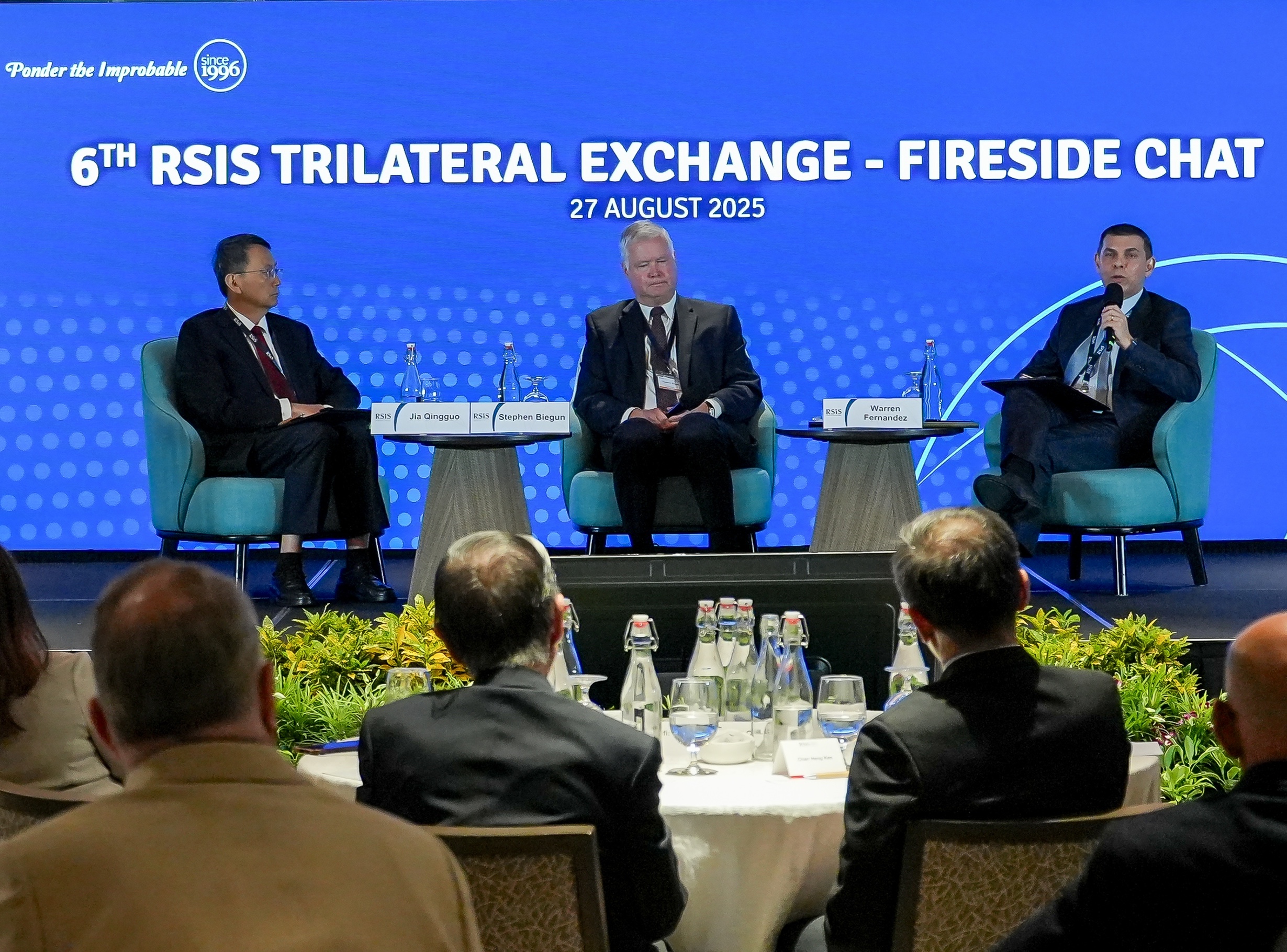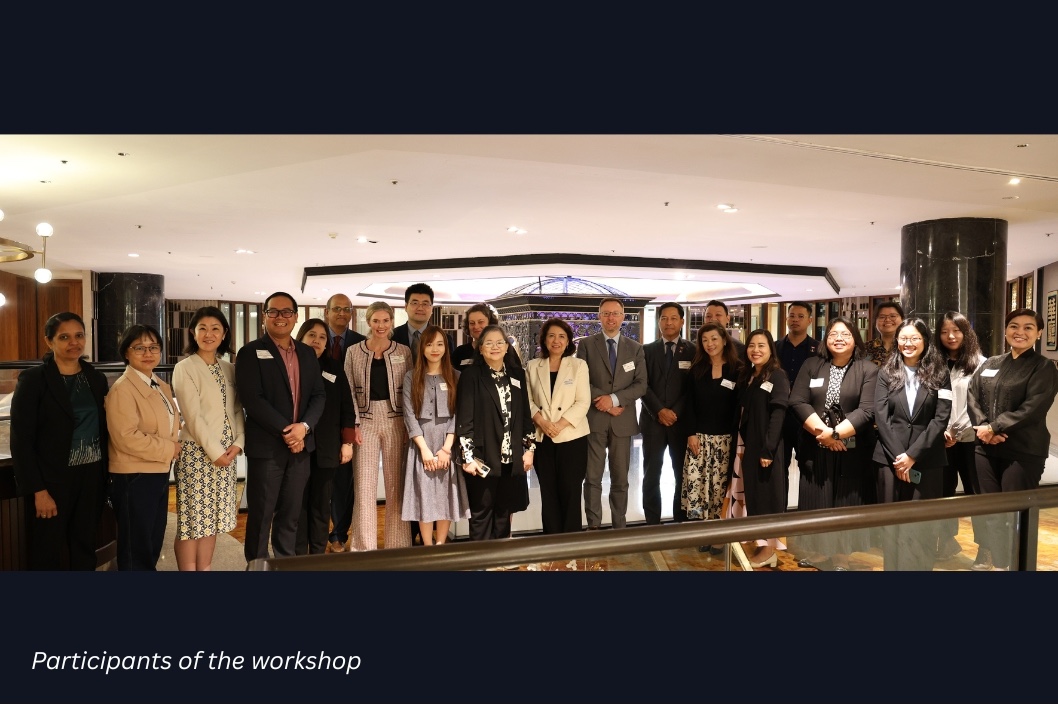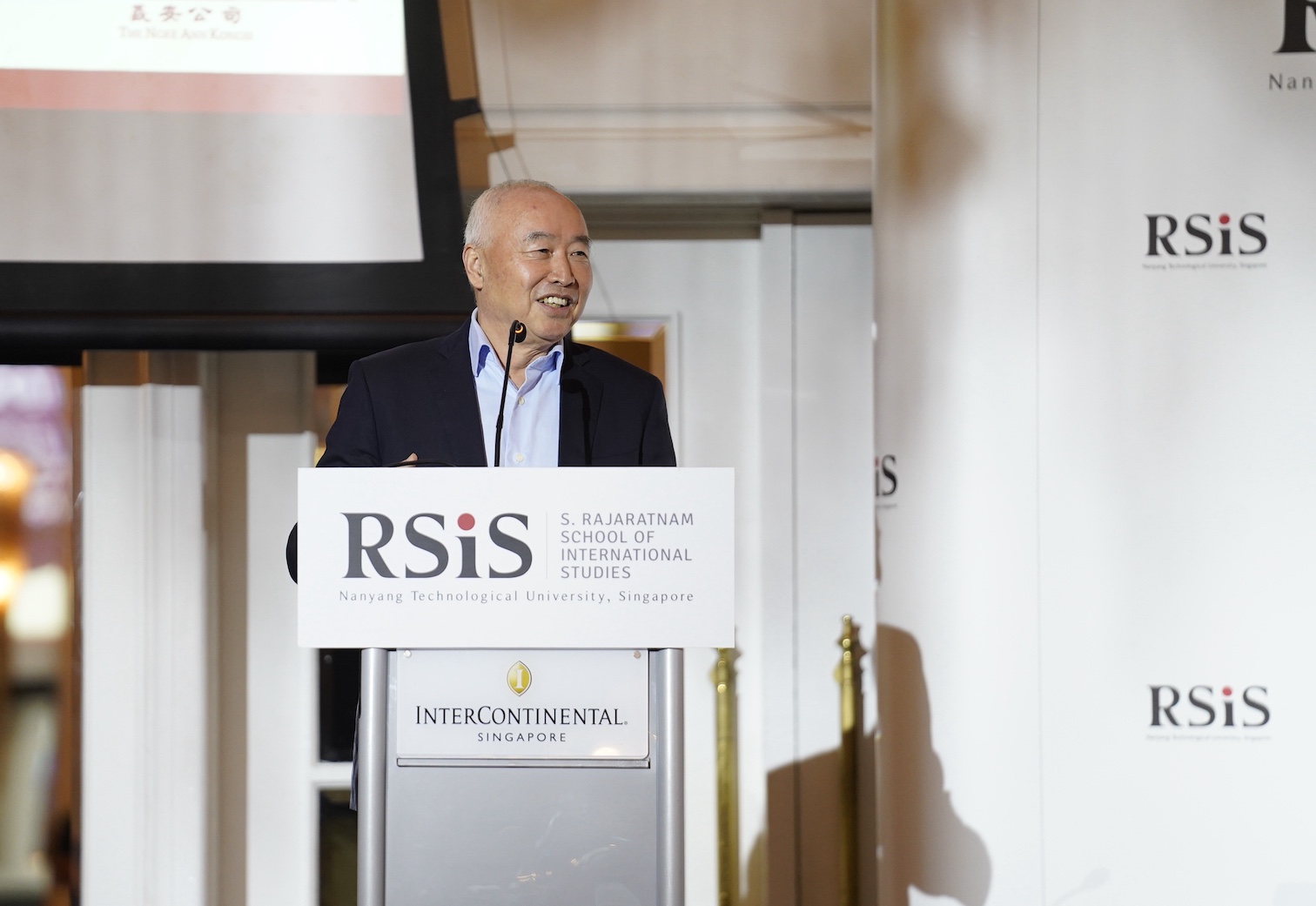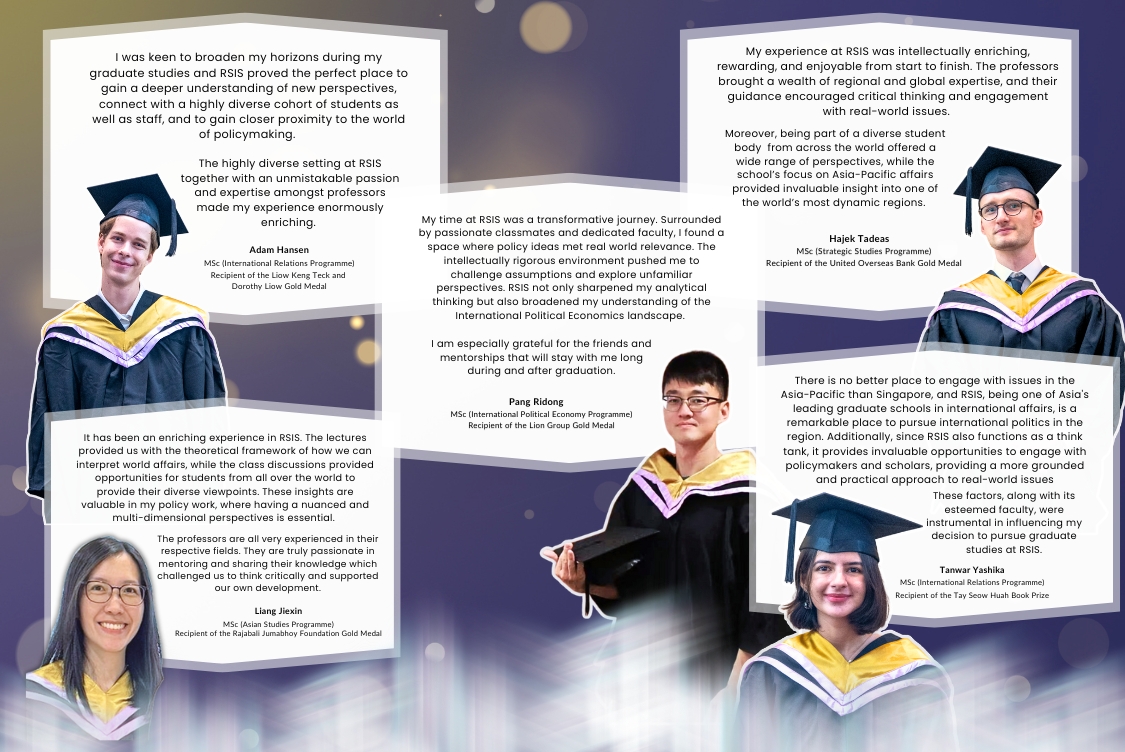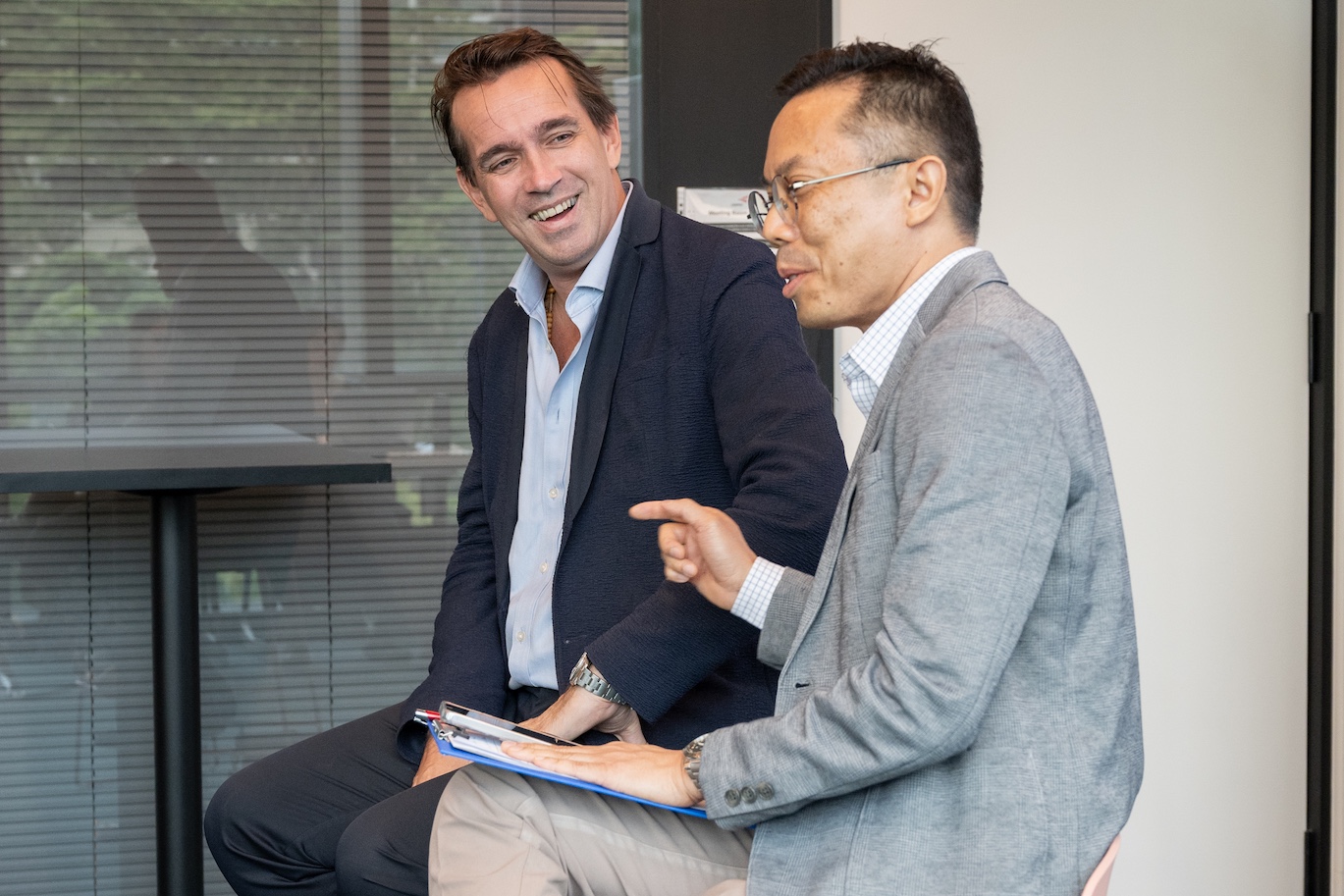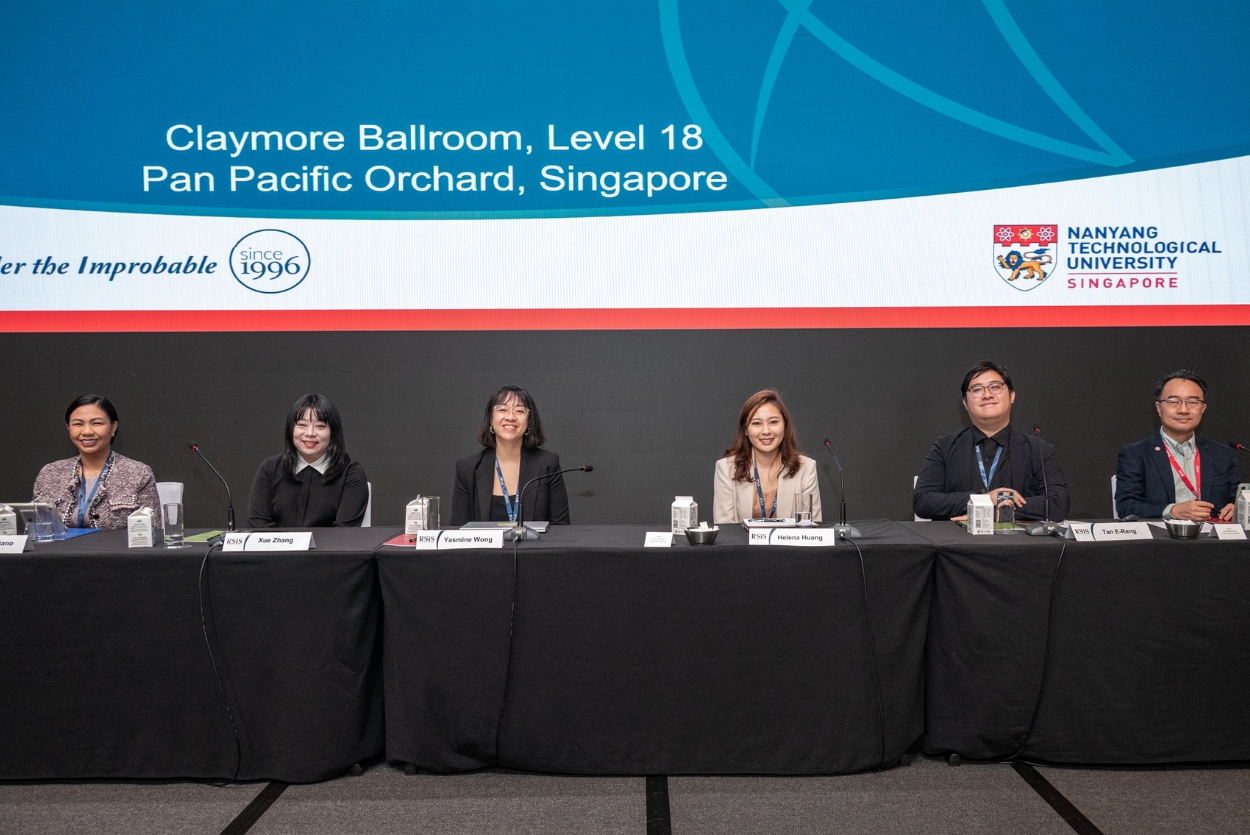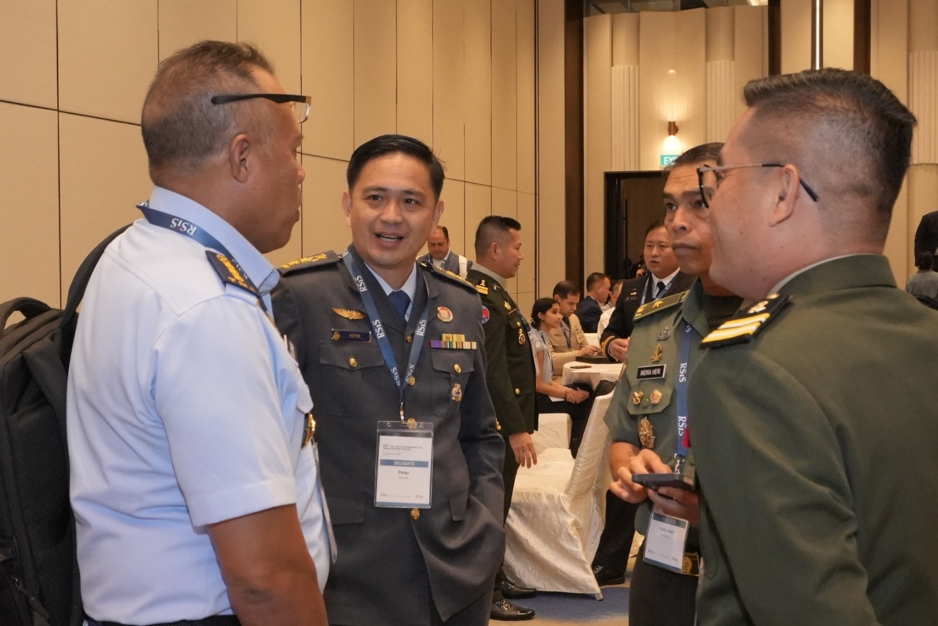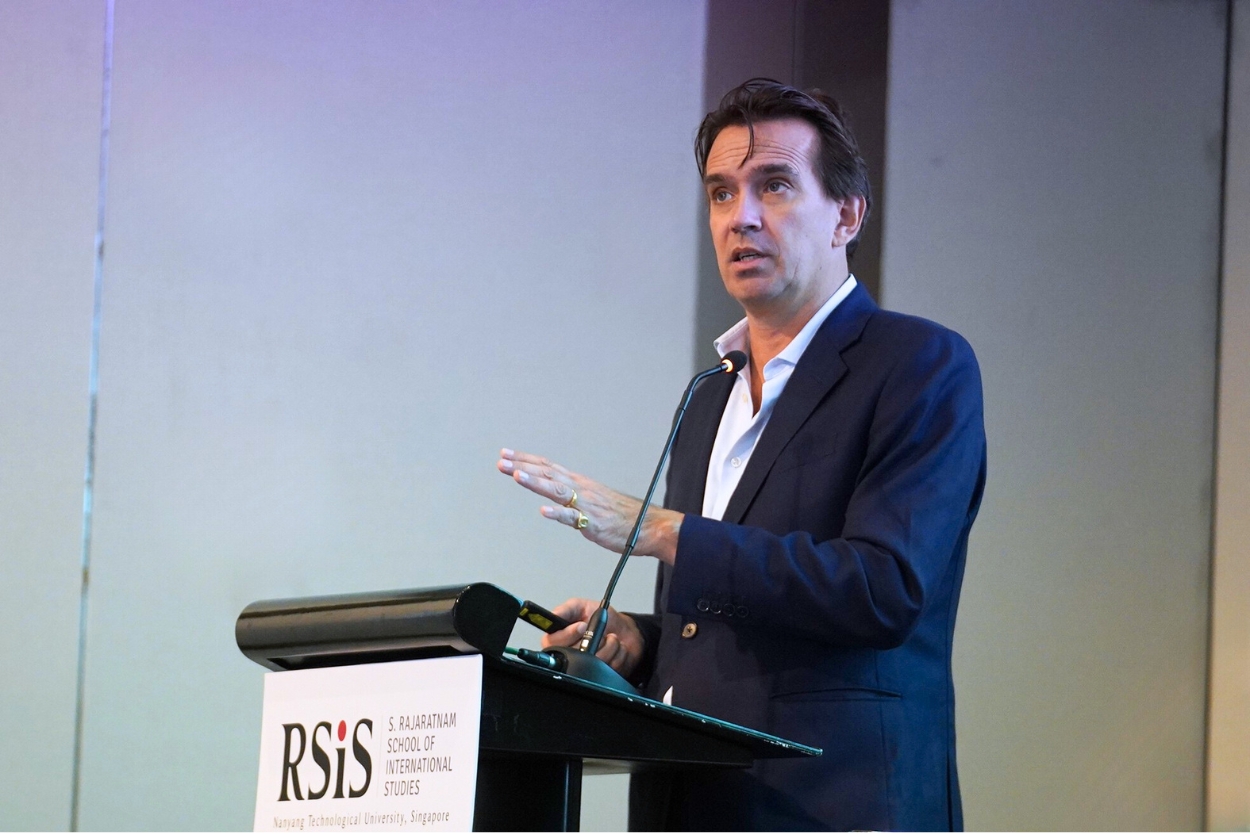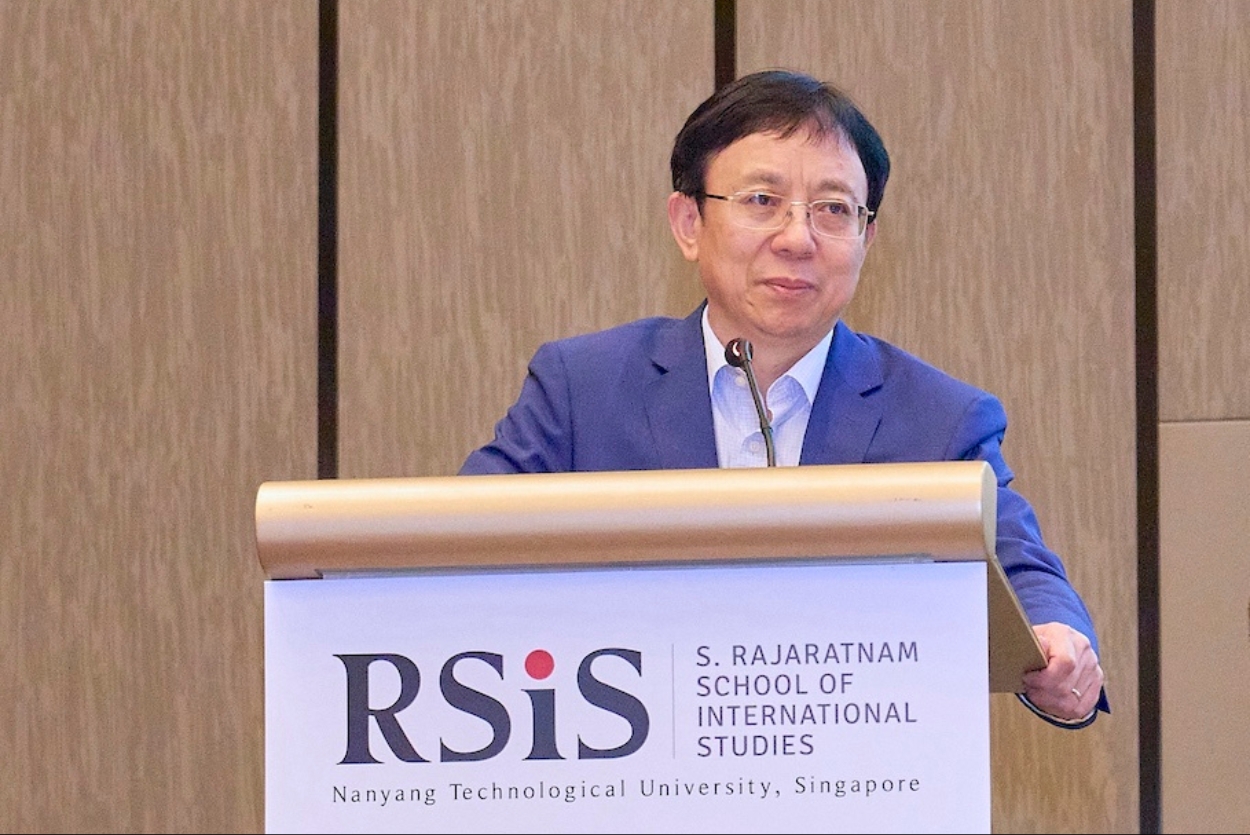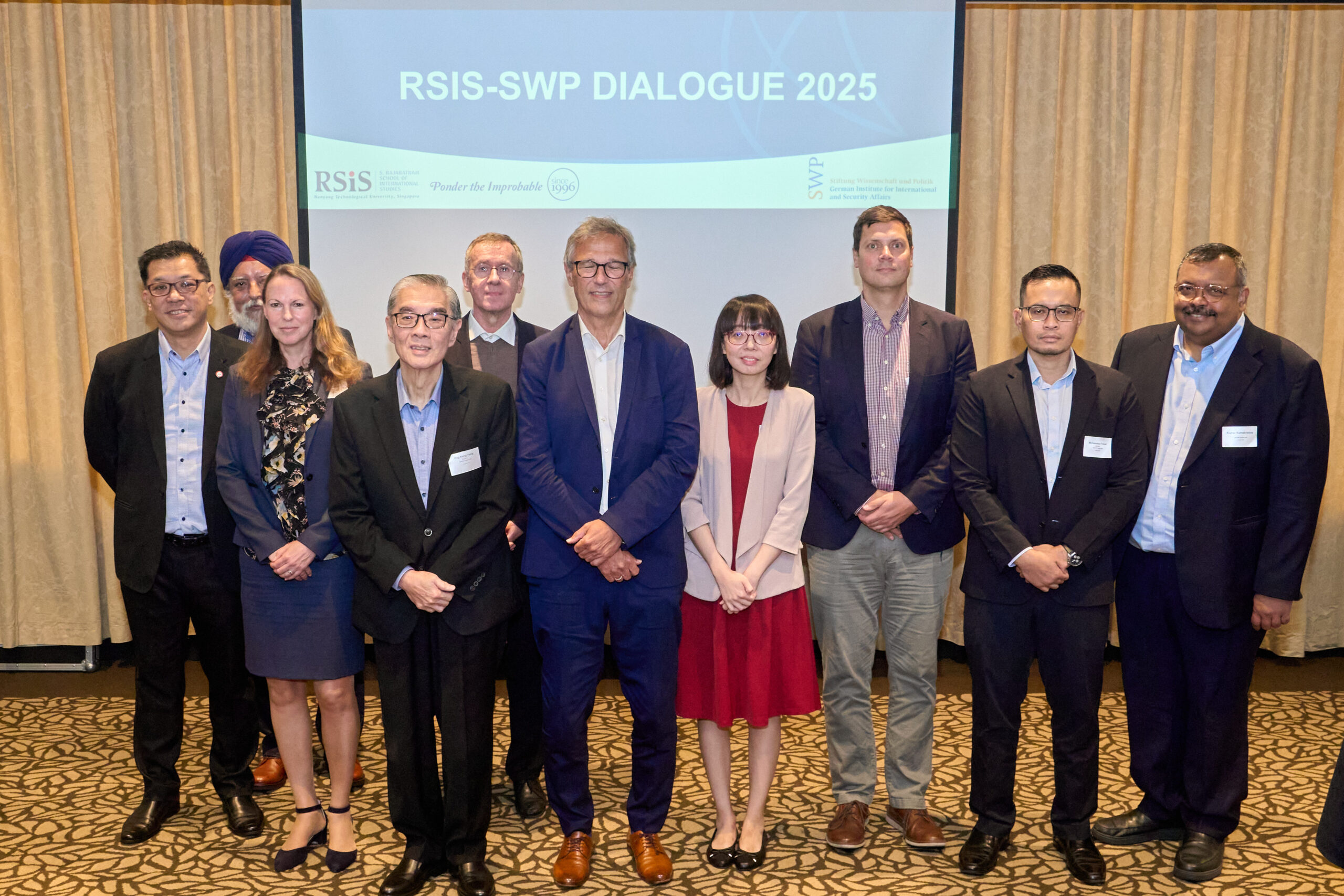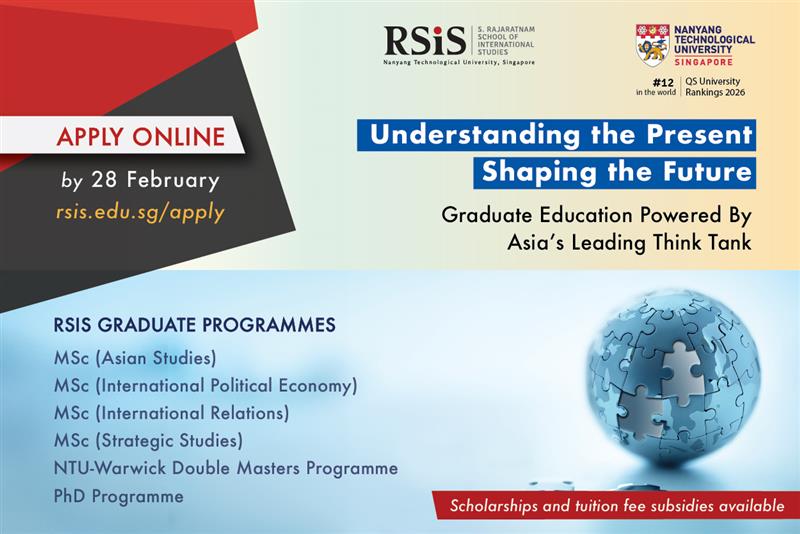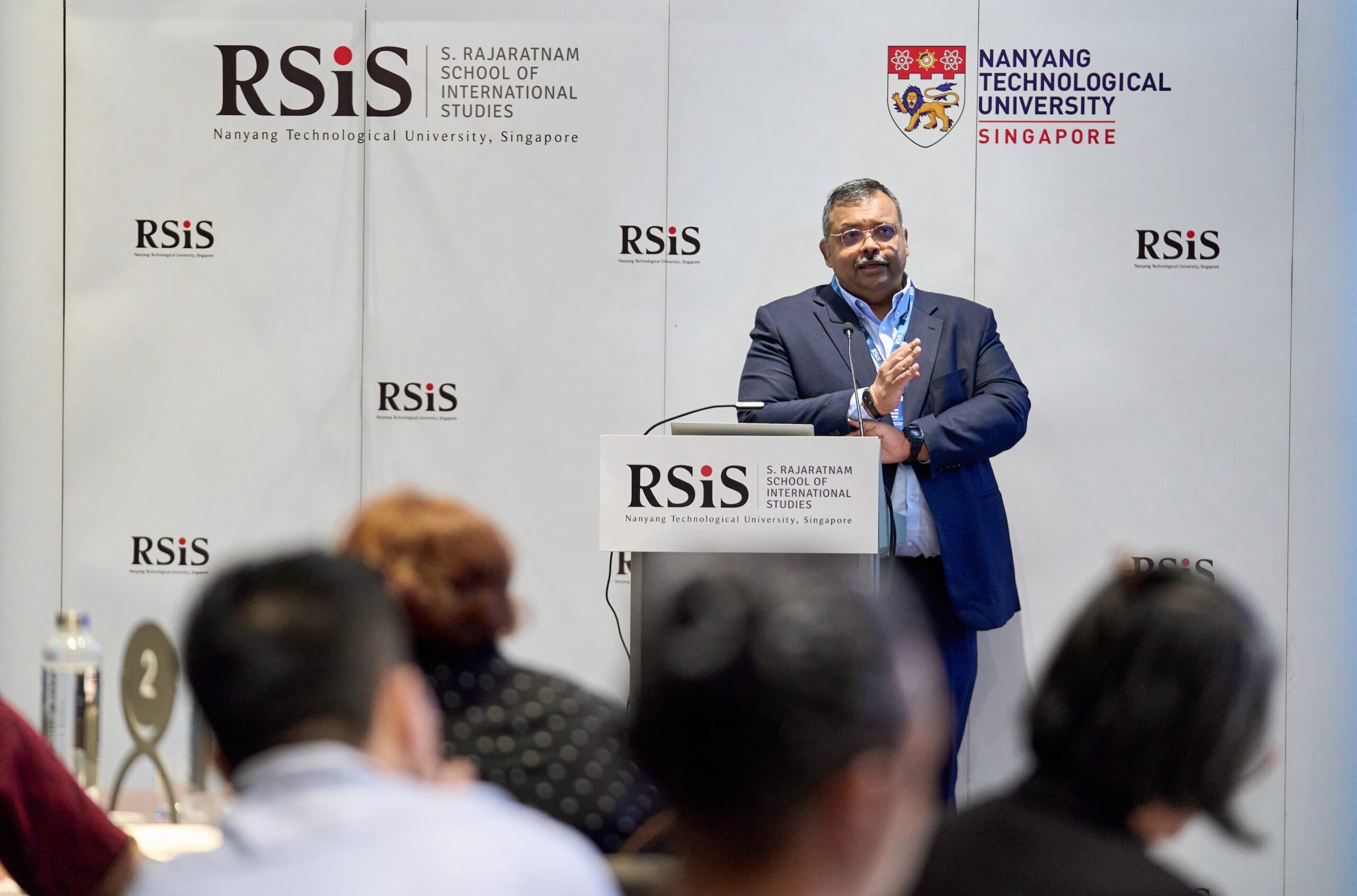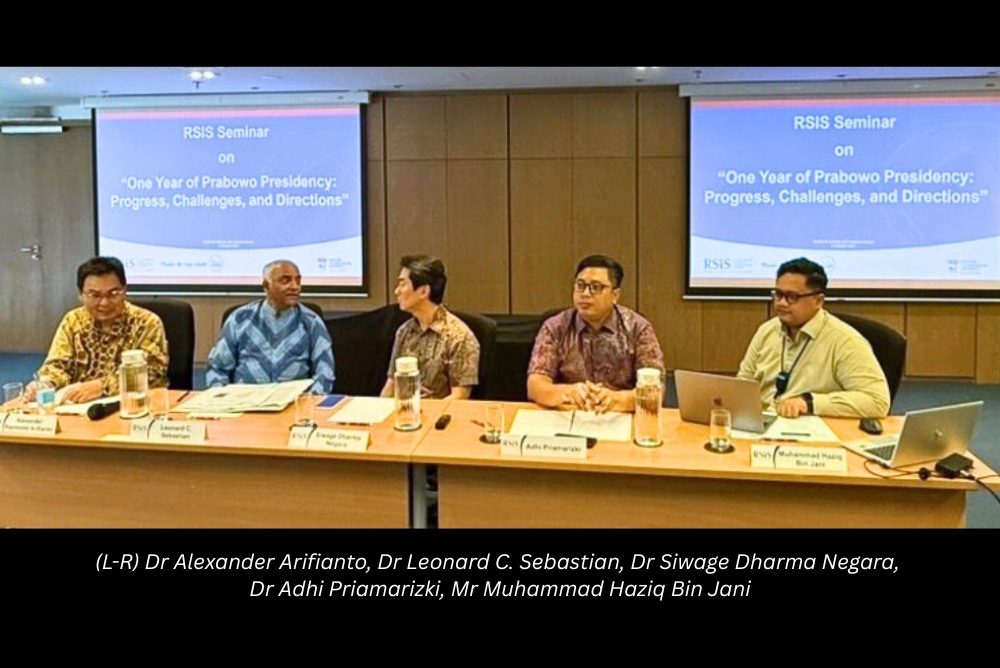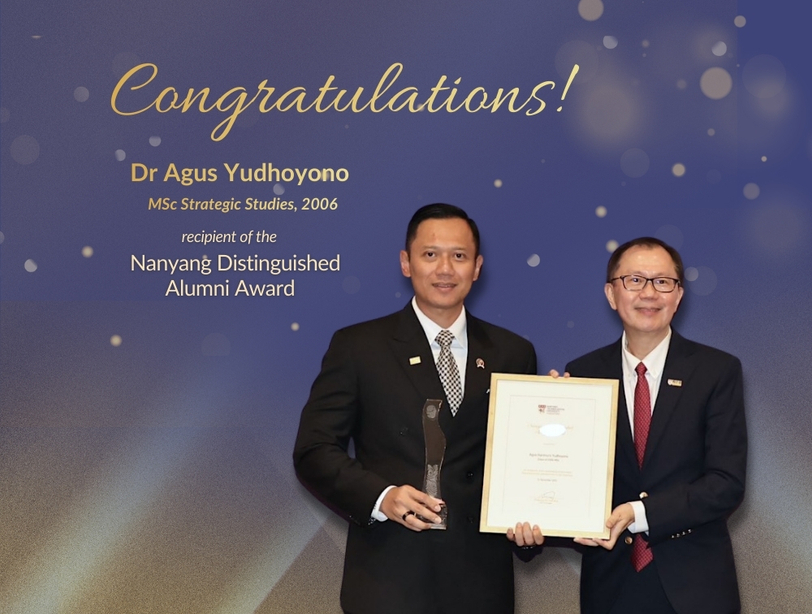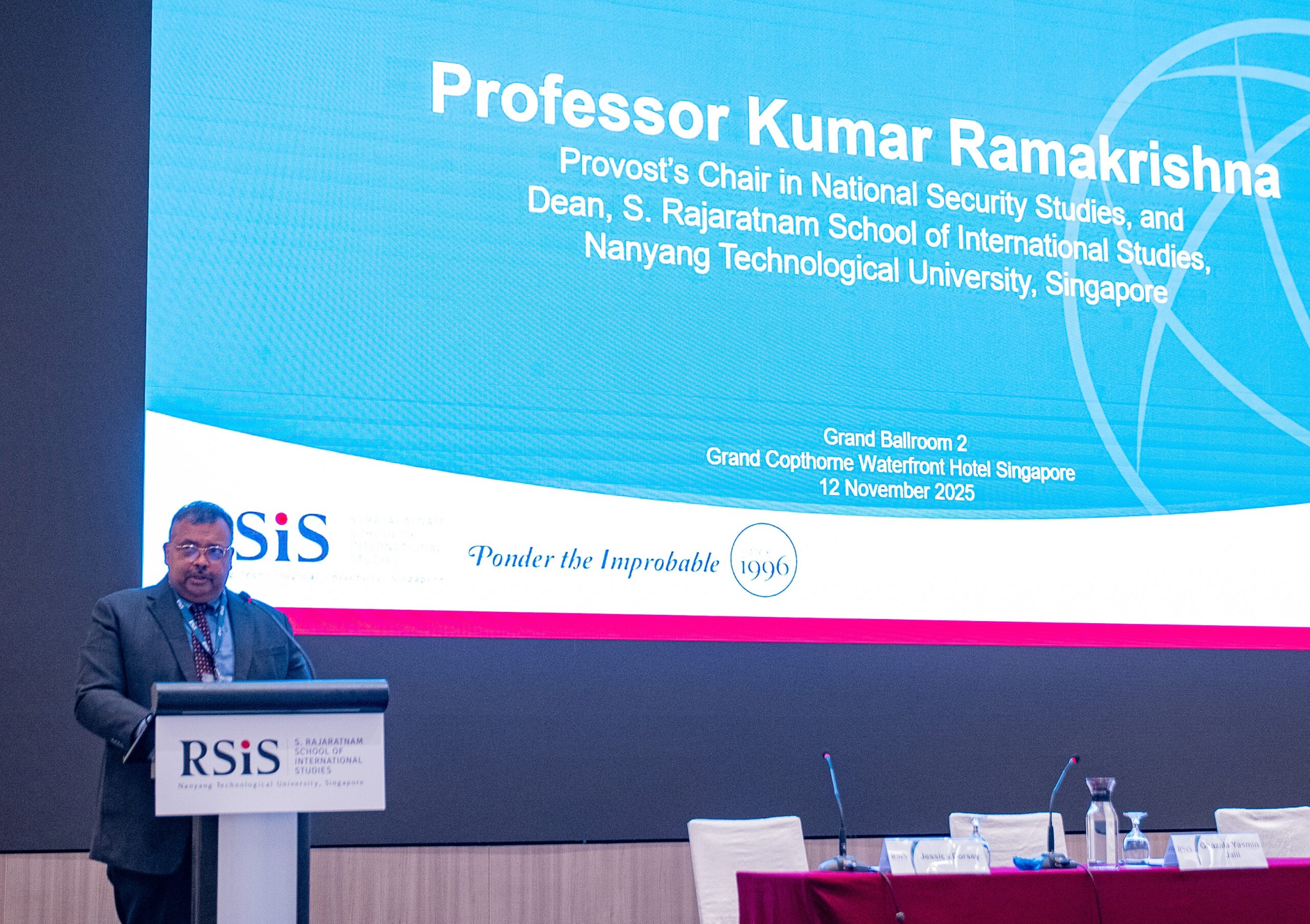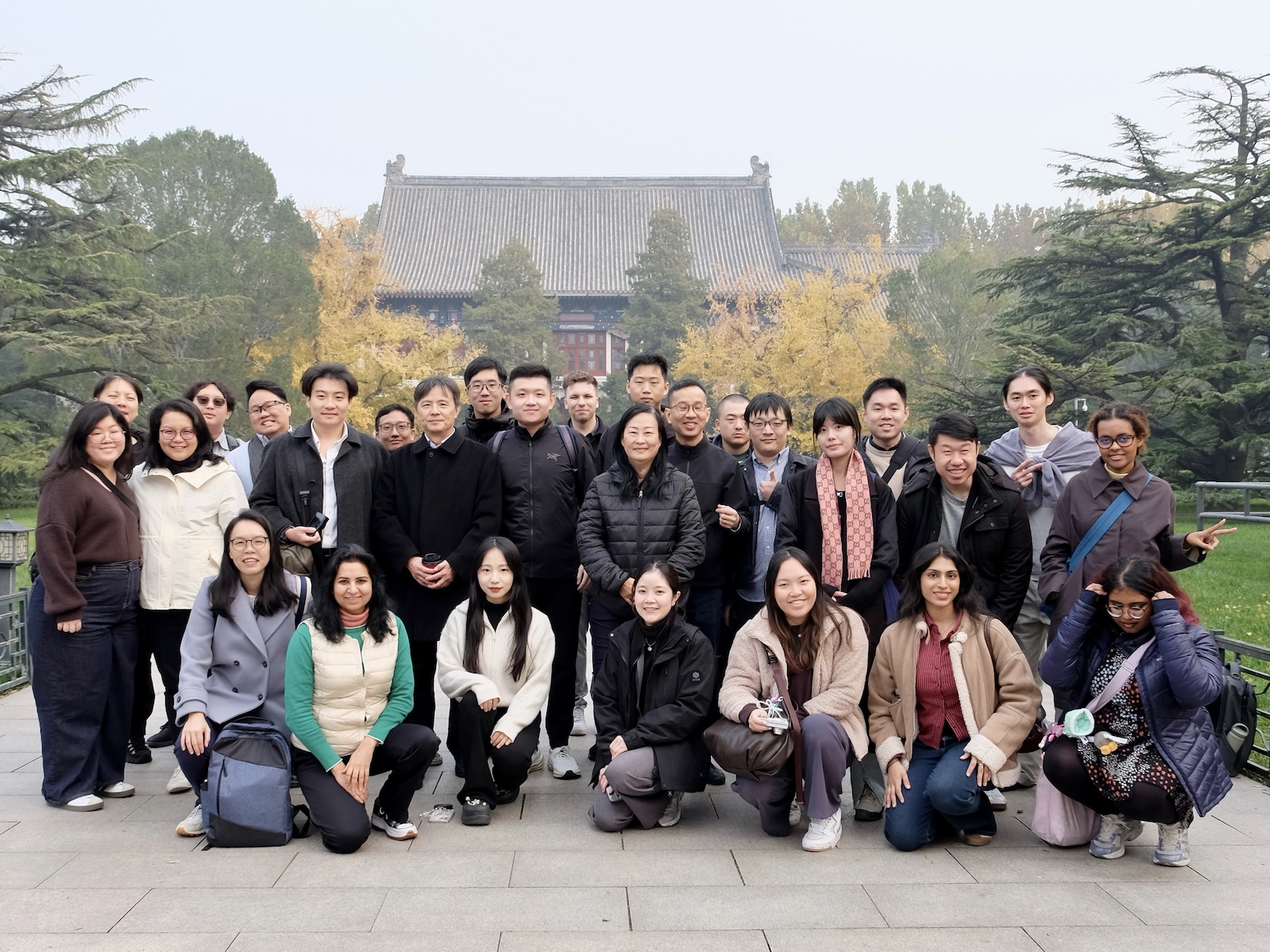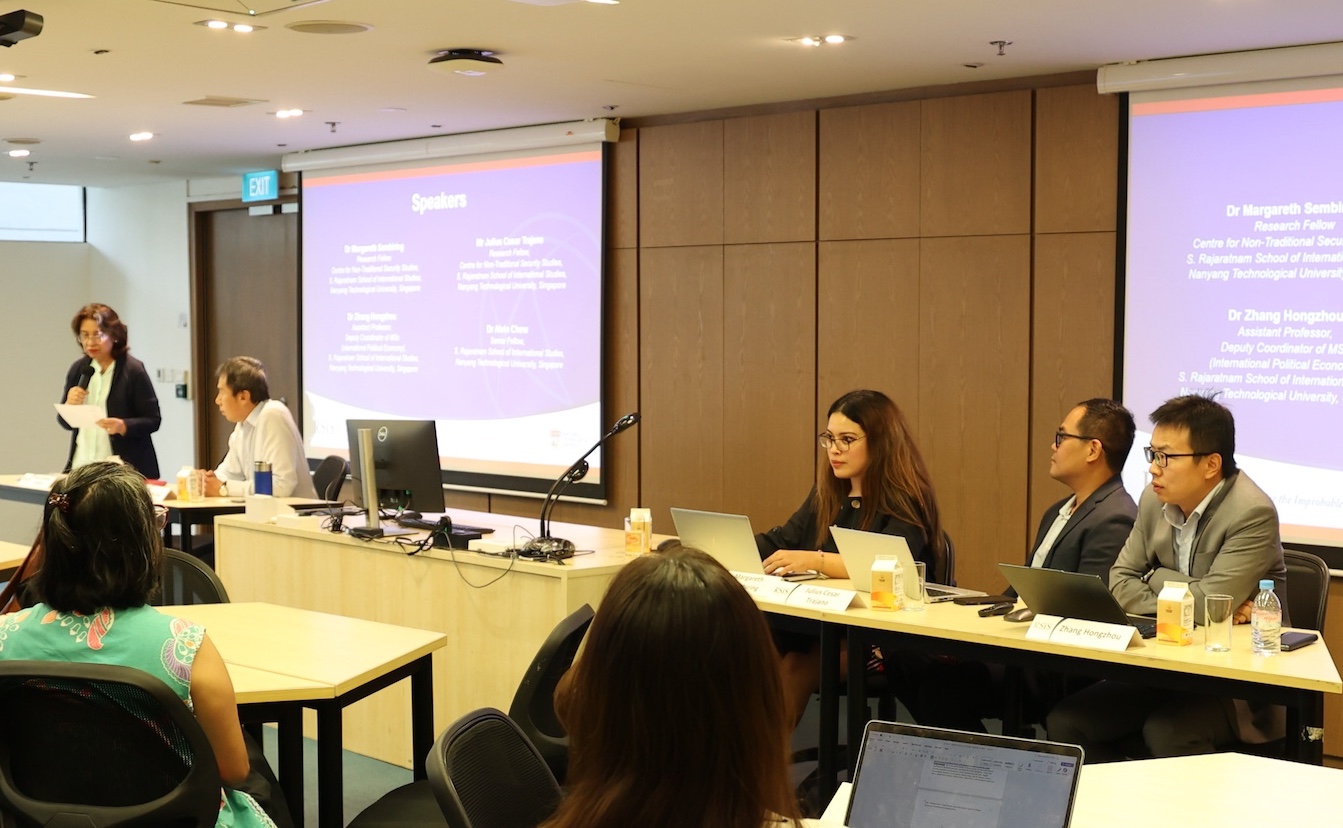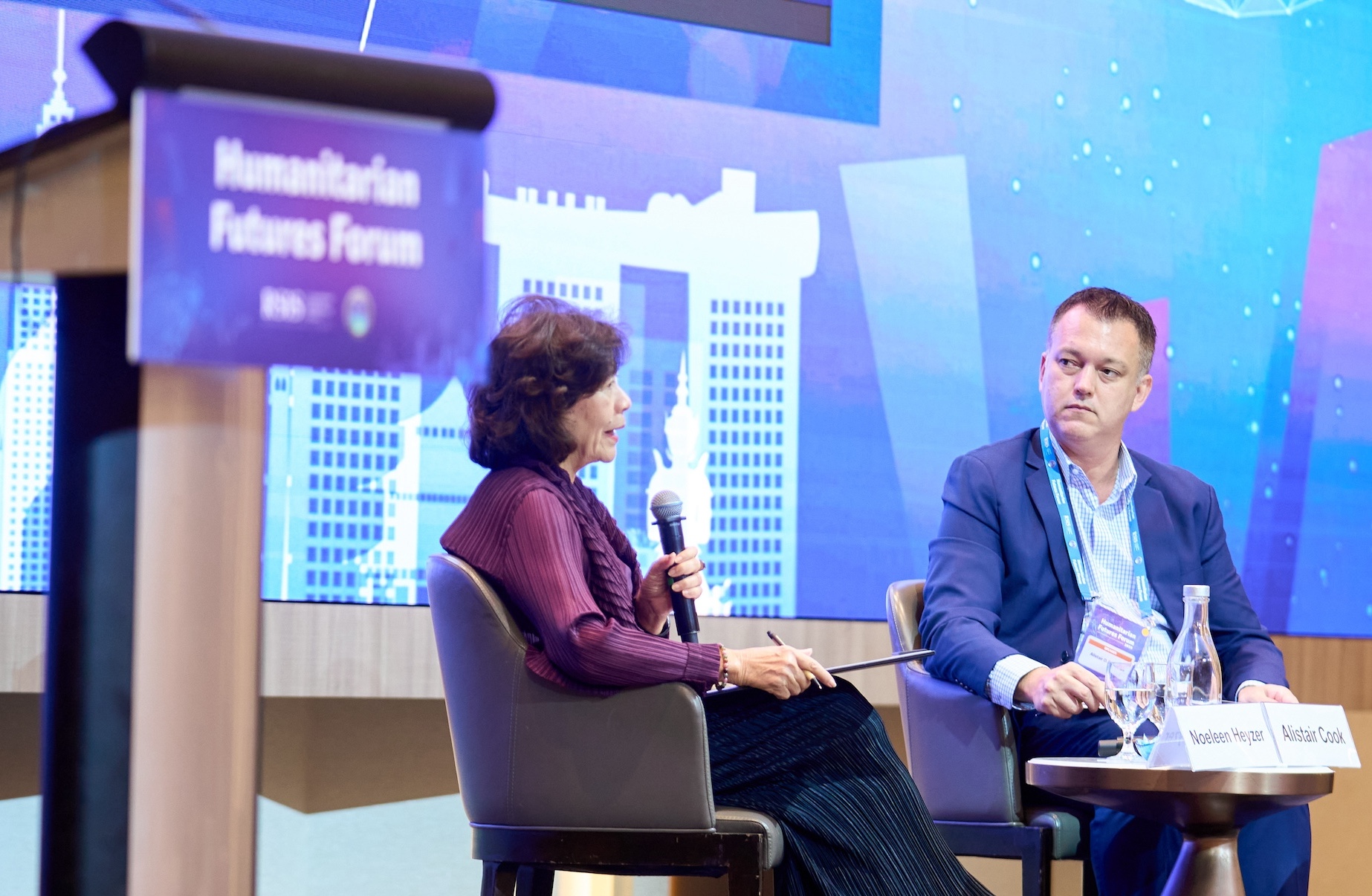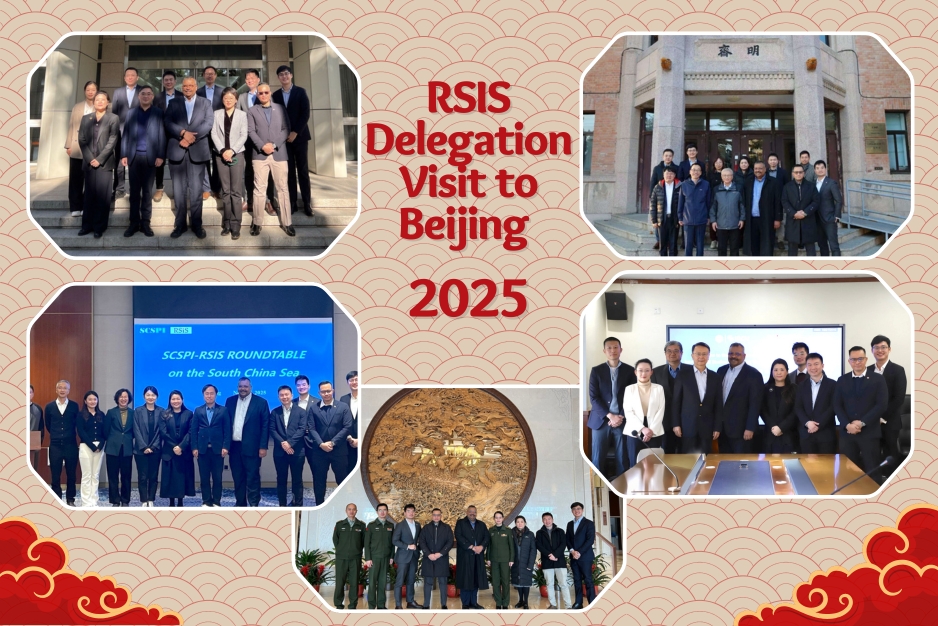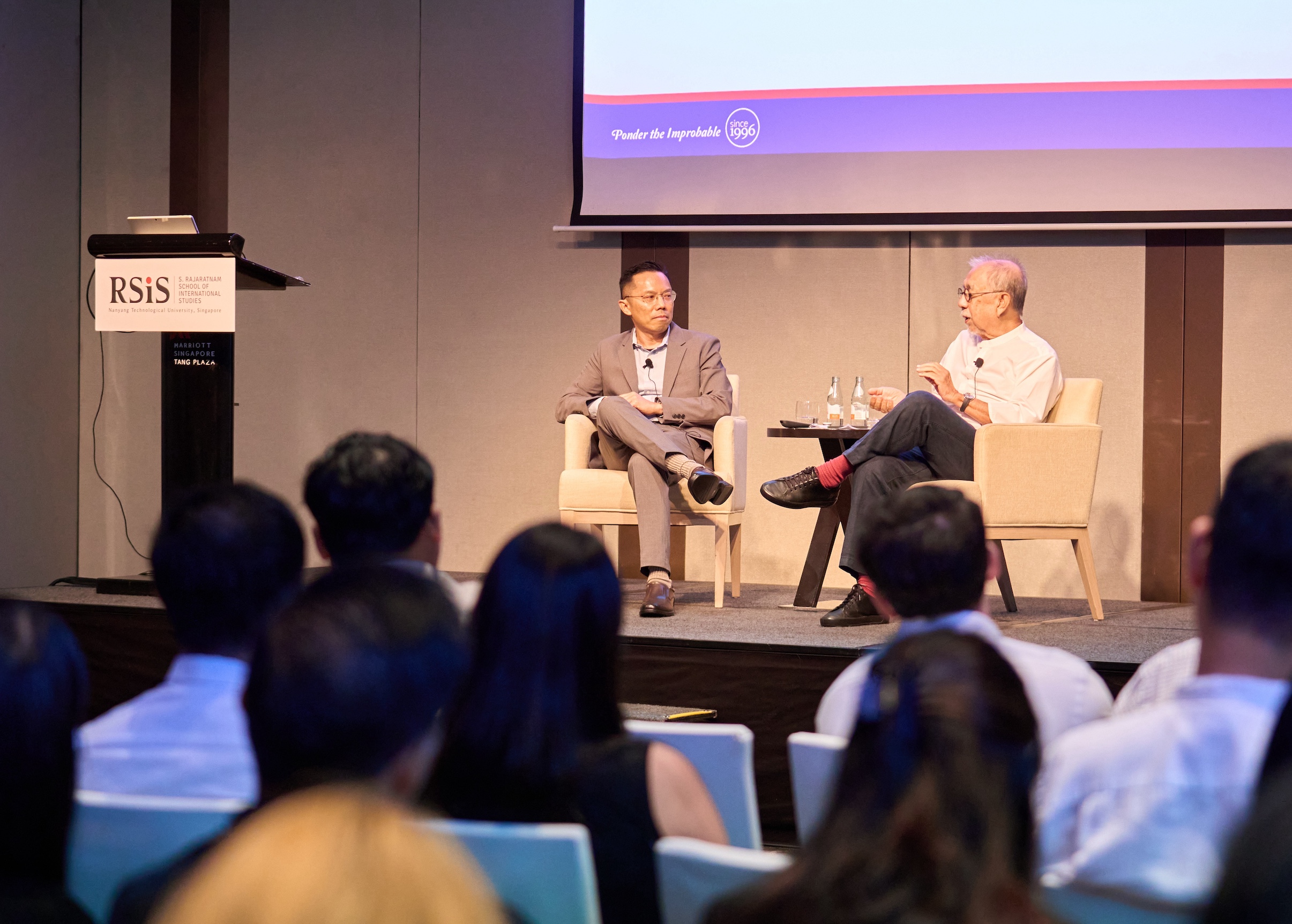
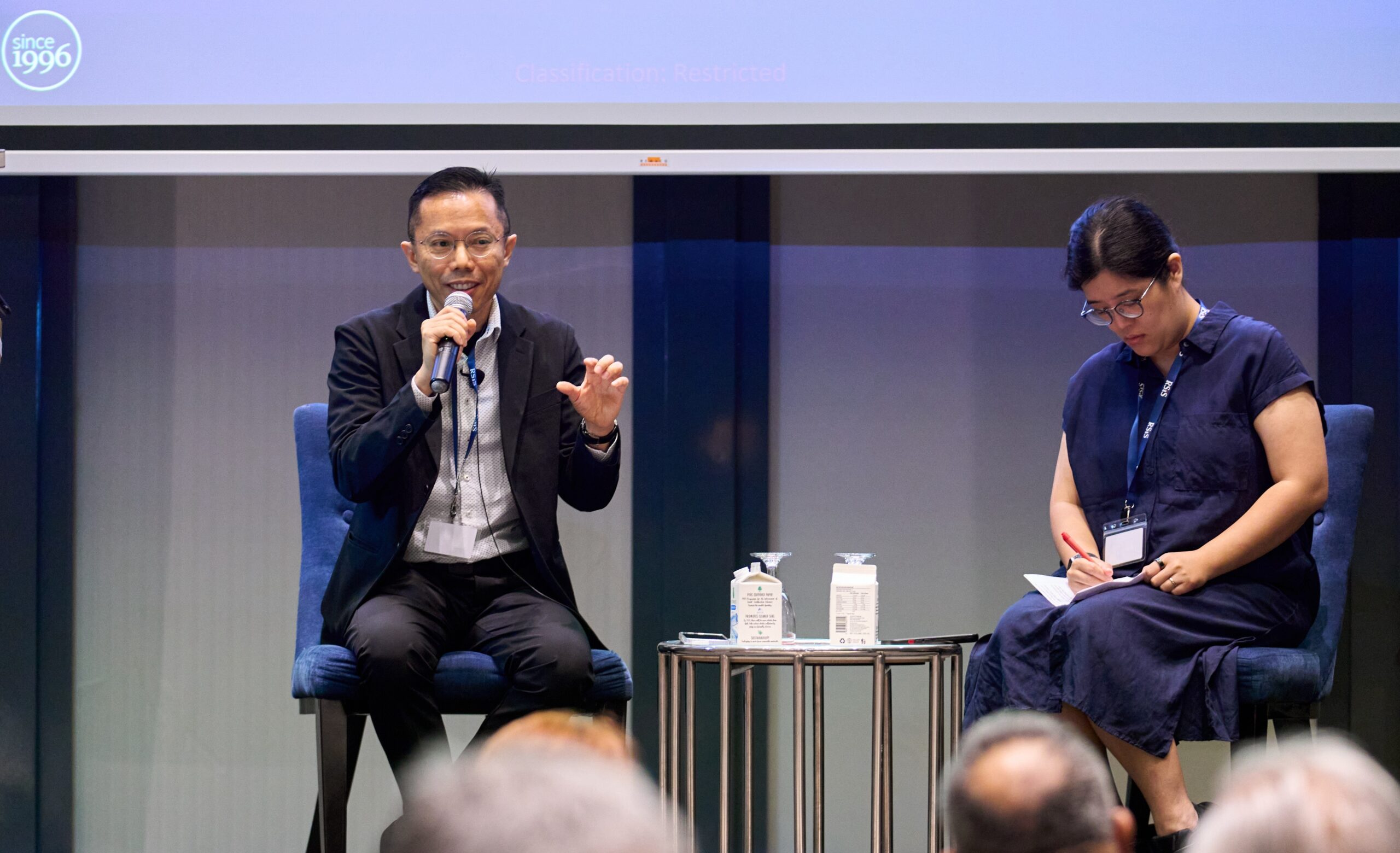
The Social Cohesion Research Programme at RSIS convened a half-day hybrid workshop on 9 September 2025 that brought together distinguished scholars and public thinkers from across the region to reflect on the latest findings from the 2025 Southeast Asian Social Cohesion Radar (SEA SC Radar). More than 100 academics and policy researchers joined both in-person and virtually, underscoring the growing interest in understanding the state of cohesion in a region home to over 700 million people.
The SEA SC Radar measures national cohesion across ten ASEAN countries, offering comparative insights into how societies forge trust, belonging, and solidarity amid diverse political, cultural, and religious contexts. Against a backdrop of rising global polarisation and nationalism, the Radar’s findings provided a timely lens into Southeast Asia’s resilience—and fragilities.
Divergent Paths, Common Themes
One of the strongest impressions from the workshop was that cohesion in Southeast Asia takes very different forms. For instance, Vietnam had the highest overall social cohesion index score and particularly high levels of optimism and solidarity among its youth. Much of this was attributed to Vietnam’s historical and cultural traditions, where Confucian values of hierarchy and harmony combine with a strong national education system to nurture collectivism. Brunei, the second-highest scorer, presented a very different case. Scholars noted that its Malay Islamic Monarchy (MIB) ideology has created a powerful unifying framework that links race, religion, and monarchy into the foundation of national identity. Generous welfare provisions have reinforced stability.
Other country spotlights revealed more complex pictures. In Singapore, longstanding policies have fostered robust horizontal ties across ethnic and religious groups, but trust in institutions and perceptions of solidarity remain weaker. Indonesia’s data suggested a gradual shift in identification: away from ethnicity and religion and towards citizenship. In Thailand, political instability and repeated military interventions have weakened institutional trust, but community-level resilience has remained surprisingly robust, with people mobilising self-help networks in times of crisis.
Malaysia and the Philippines highlighted still other dynamics. Malaysia’s findings showed clear divides between majority and minority groups, with younger Malays expressing openness to greater political roles for religious leaders, while minorities reported feelings of exclusion. In the Philippines, trust in institutions rose sharply under President Duterte, even amidst international criticism of his strongman tactics—underscoring how social cohesion must always be understood within its political moment.
Key Takeaways and Reflections
The discussions that followed the presentations were just as revealing as the data itself. Participants probed the meaning of “cohesion” in contexts where civic participation is restricted. They asked, for example, whether some states’ stability was closer to “social coercion” than genuine cohesion. Others questioned whether high poverty rates should undermine social trust, as in Vietnam, or whether shared historical trauma and ideology can override economic inequality.
Several cross-cutting concerns emerged. First, youth optimism is a critical but fragile resource across the region—present in Vietnam and Singapore, but easily shaken by inequality, digital disruption, or political volatility. Second, many Southeast Asian societies show high horizontal trust among communities, but lower vertical trust in institutions. This imbalance raises questions about long-term resilience, particularly in countries facing governance challenges. Third, the Radar underscored that cohesion is not a static condition. It shifts with politics, leadership, and external shocks, reminding researchers and policymakers alike of the importance of contextualisation.
As one panellist concluded, “numbers are never sufficient to capture the nuances.” The Radar provides valuable snapshots, but the lived realities behind the data require deeper engagement. The findings remind us that social cohesion in Southeast Asia is at once deeply rooted in history and constantly in flux.




